Κείμενο
Ο σίδηρος είναι αναγκαίος για τη δημιουργία αιμοσφαιρίνης, της πρωτεΐνης που βρίσκεται μέσα στα ερυθρά αιμοσφαίρια που μεταφέρει το οξυγόνο στα κύτταρα του οργανισμού. Αν ο σίδηρος λείπει από το σώμα, τότε ο οργανισμός αδυνατεί να παράγει αρκετή αιμοσφαιρίνη, πράγμα που οδηγεί σε αναιμία. Αν και η αναιμία μπορεί να έχει πολλές αιτίες, η έλλειψη σιδήρου είναι η συχνότερη μορφή αναιμίας. Πώς μπορούμε να υποψιαστούμε όμως εάν τα αποθέματα σιδήρου στο σώμα μας είναι χαμηλά; Σήμερα θα δούμε ποια συμπτώματα σχετίζονται με χαμηλά αποθέματα σιδήρου στο σώμα. Κόπωση. Η κούραση, ή κόπωση είναι ένα από τα συχνότερα συμπτώματα των χαμηλών αποθεμάτων σιδήρου στο σώμα, είτε σχετίζεται με αναιμία είτε όχι. Ο σίδηρος, εκτός από την αιμοσφαιρίνη, συμμετέχει και στην παραγωγή ενέργειας μέσα στα κύτταρα με έναν μηχανισμό που μετατρέπει το λίπος σε ενέργεια. Όταν τα αποθέματα σιδήρου στο σώμα είναι χαμηλά, αυτός ο μηχανισμός είναι λιγότερο αποτελεσματικός και ως αποτέλεσμα εμφανίζεται κόπωση. Φυσικά, η κόπωση έχει δεκάδες αιτίες, αλλά η έλλειψη σιδήρου είναι μία από τις πιο συχνές. Και σίγουρα είναι η πιο εύκολα αναστρέψιμη. Αυτό σημαίνει ότι, για παράδειγμα, κόπωση εμφανίζεται και με την κατάθλιψη, αλλά αυτό είναι κάτι που είναι πολύ πιο δύσκολο να αναστρέψουμε. Χλωμό χρώμα δέρματος. Καθώς η αιμοσφαιρίνη έχει κόκκινο χρώμα, τα άτομα που έχουν χαμηλά αποθέματα σιδήρου στο σώμα τους, και κατ’ επέκταση χαμηλά επίπεδα αιμοσφαιρίνης στο αίμα τους, το δέρμα τους είναι πιο χλωμό από το αναμενόμενο. Αυτό φυσικά για να το καταλάβει κάποιος πρέπει να είναι αρκετά εκπαιδευμένος και κατά κάποιο τρόπο να το ψάξει ώστε να το δει δηλαδή στο δέρμα του αλλού. Εκτός από το δέρμα, πιο χλωμό είναι και το χρώμα του προσώπου, των ματιών, των ούλων και των νυχιών. Δυσκολία στην αναπνοή. Αν σας φαίνεται δυσκολότερο να αναπνεύσετε από το αναμενόμενο, αυτό θα μπορούσε να είναι ένα σύμπτωμα χαμηλών αποθεμάτων σιδήρου στον οργανισμό. Όταν το σίδηρο στον οργανισμό είναι χαμηλό, και κατ’ επέκταση και η

αιμοσφαιρίνη είναι χαμηλή, ο οργανισμός πρέπει να προσπαθήσει περισσότερο για να μεταφέρει οξυγόνο στους μύες, πράγμα που μπορεί να εμφανιστεί με δυσκολία στην αναπνοή. Πονοκέφαλοι. Επιστημονικά ακόμα δεν έχει γίνει ξεκάθαρο γιατί τα άτομα που έχουν χαμηλό σίδηρο εμφανίζουν πονοκεφάλους. Παρόλα αυτά, είναι ξεκάθαρο ότι τα άτομα που έχουν χαμηλό σίδηρο εμφανίζουν πολύ συχνότερα πονοκεφάλους από τα άτομα που έχουν φυσιολογικά επίπεδα σιδήρου στο σώμα τους. Να τονίσω ότι, όπως και για την κόπωση, τα αίτια του πονοκεφάλου είναι πάρα πολλά, αλλά η έλλειψη σιδήρου είναι από τα συχνά αιτία. Και όπως είπα και νωρίτερα, είναι και εύκολα αναστρέψιμη. Πεταρίσματα στην καρδιά. Αυτό που κλινικά ονομάζεται αίσθημα προκάρδιων παλμών, που πρακτικά μεταφράζεται ως ένα αίσθημα ότι αντιλαμβανόμαστε τους χτύπους της καρδιάς, που φυσιολογικά δεν θα έπρεπε, είναι ένα συχνό σημάδι που δείχνει αναιμία από έλλειψη σιδήρου. Και εδώ η αιτιολογία δεν είναι αρκετά ξεκάθαρη, αλλά θεωρούμε ότι το πιο πιθανό είναι ότι επειδή η καρδιά πρέπει να δουλεύει πιο έντονα λόγω της αναιμίας, αυτό οδηγεί σε έκτακτες συστολές και αρρυθμίες που γίνονται αντιληπτές. Στεγνό δέρμα και τριχόπτωση. Το δέρμα που φαίνεται ότι δεν είναι σε πολύ καλή κατάσταση και η τριχόπτωση μπορεί να οφείλονται σε έλλειψη σιδήρου. Και αυτό είναι ένα καλό σενάριο γιατί είναι εύκολο να το διορθώσουμε. Η τριχόπτωση μπορεί να οφείλεται σε πολλούς παράγοντες, αλλά η έλλειψη σιδήρου είναι από τους πιο συχνούς, Και φυσικά από τους πιο εύκολα αναστρέψιμους. Νύχια που σπάνε εύκολα. Άλλο ένα πρόβλημα το οποίο μπορεί να εμφανιστεί στα άτομα που έχουν χαμηλό σίδηρο είναι να παρατηρήσουν ότι τα νύχια τους σπάνε πιο εύκολα. Ανήσυχα πόδια. Κάποιοι άνθρωποι κινούν τα πόδια τους τόσο έντονα το βράδυ που αυτό τους εμποδίζει να κοιμούνται καλά. Μερικές φορές αυτό μπορεί να οφείλεται σε ένα σύνδρομο που λέγεται σύνδρομο ανήσυχων ποδιών. Σε μελέτες έχει φανεί ότι τα άτομα που έχουν έλλειψη σιδήρου εμφανίζουν αυτό το σύνδρομο συχνότερα. Άφθες. Η

έλλειψη σιδήρου είναι συνδεδεμένη με άφθες στο στόμα, πληγές γενικά στο στόμα και στη γλώσσα, δυσκολία στην επούλωση των πληγών στην ίδια περιοχή και μερικές φορές πρήξιμο της γλώσσας και των ούλων. Κρύα χέρια και πόδια. Πολλοί άνθρωποι από την κατασκευή τους έχουν κρύα χέρια και πόδια, αλλά σε μερικές περιπτώσεις αυτό οφείλεται σε έλλειψη σιδήρου. Αυτά είναι τα πιο συχνά συμπτώματα σε άτομα που έχουν μειωμένα αποθέματα σιδήρου στο σώμα τους. Αν βλέπετε ένα ή περισσότερα από αυτά τα ενοχλήματα να εμφανίζεται και σε σας, πρέπει να απευθυνθείτε στον παθολόγο που σας παρακολουθεί για να ζητήσετε να σας κάνει εξέταση φερριτίνης. Η φερριτίνη είναι μία πρωτεΐνη που αποθηκεύει το σίδηρο στο αίμα και ένας πολύ αξιόπιστος τρόπος να δούμε αν οι αποθήκες σιδήρου στο σώμα μας είναι επαρκής. Σε περίπτωση που γνωρίζετε ότι τα αποθέματα σιδήρου στον οργανισμό σας δεν είναι επαρκή, πρέπει οπωσδήποτε να δείτε αυτό το βίντεο που έχω δημοσιεύσει πριν από μερικούς μήνες και εμφανίζεται δεξιά μου το οποίο δείχνει ποιες τροφές εμποδίζουν ή ευνοούν την απορρόφηση του σιδήρου. Σε αυτό το βίντεο θα δείτε τρώγοντας ποιες τροφές θα έχετε μεγαλύτερη απορρόφηση σιδήρου, αλλά και ποιες τροφές όταν τις τρώτε μαζί με συμπληρώματα σιδήρου ή τροφές που περιέχουν πολύ σίδηρο εμποδίζουν την απορρόφηση του. Αν φτάσατε μέχρι εδώ, φαίνεται ότι σας ενδιαφέρει και πρέπει οπωσδήποτε να το δείτε. Σας ευχαριστώ πολύ.

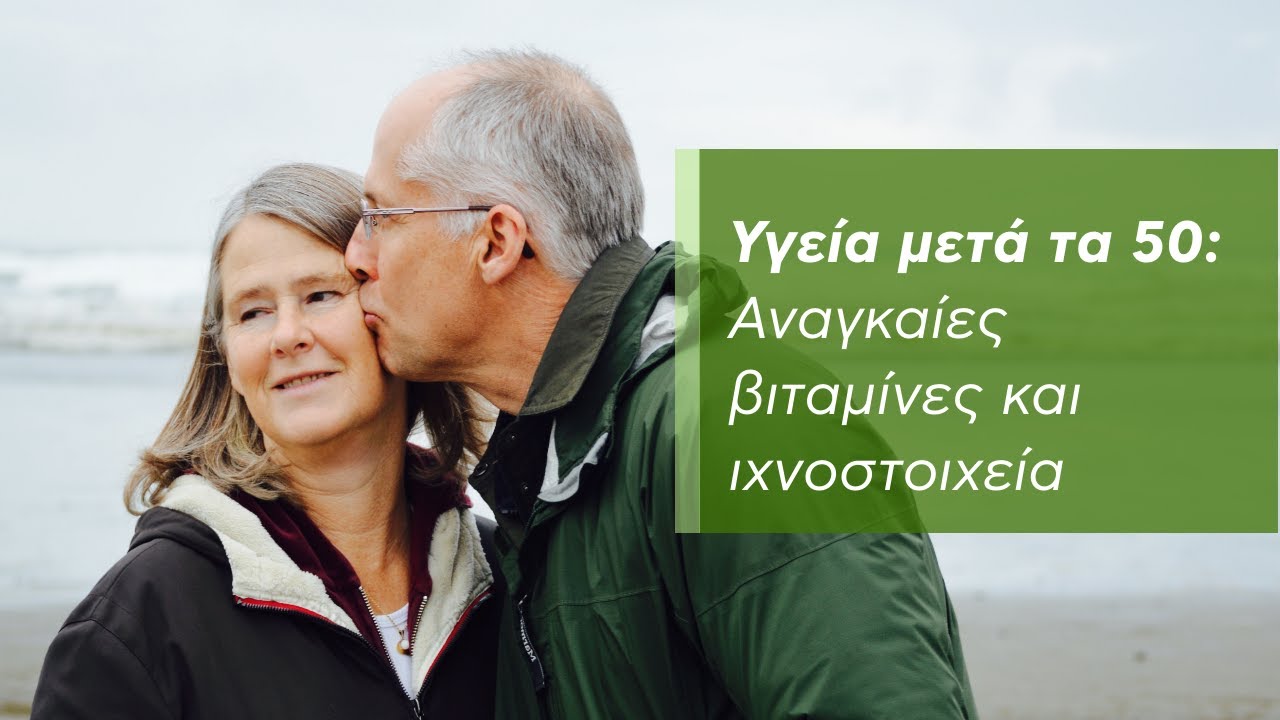
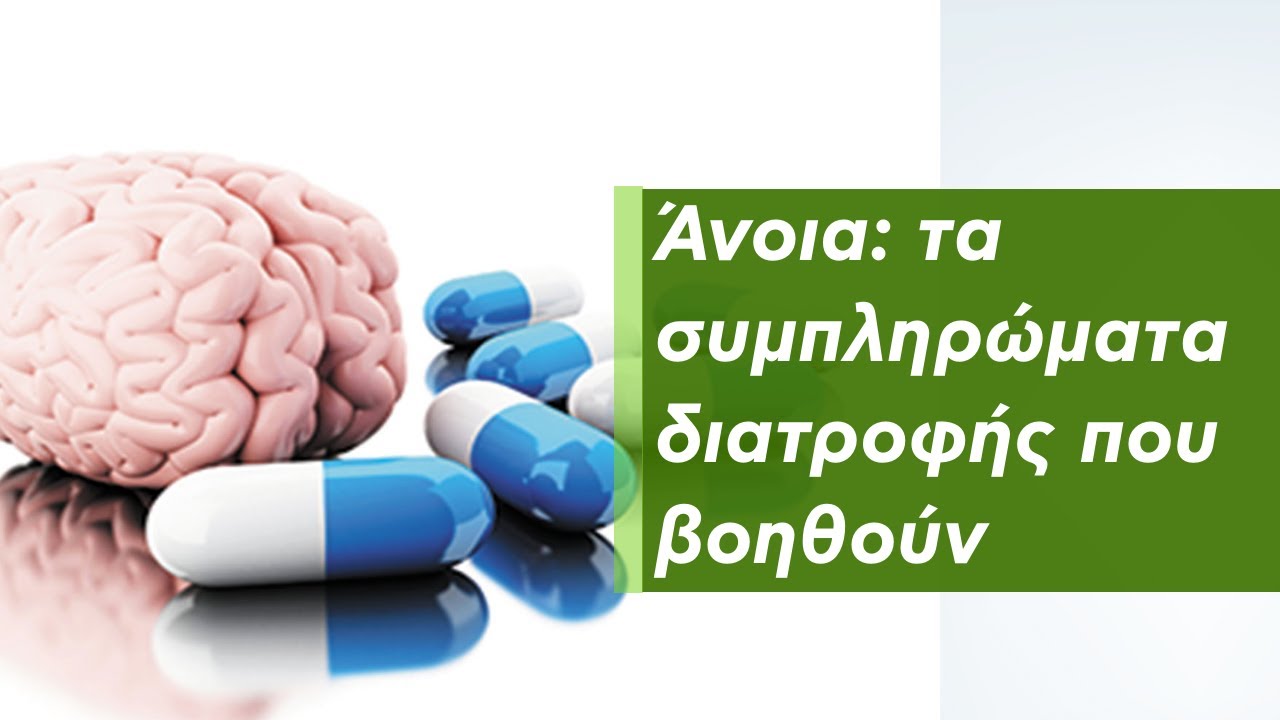
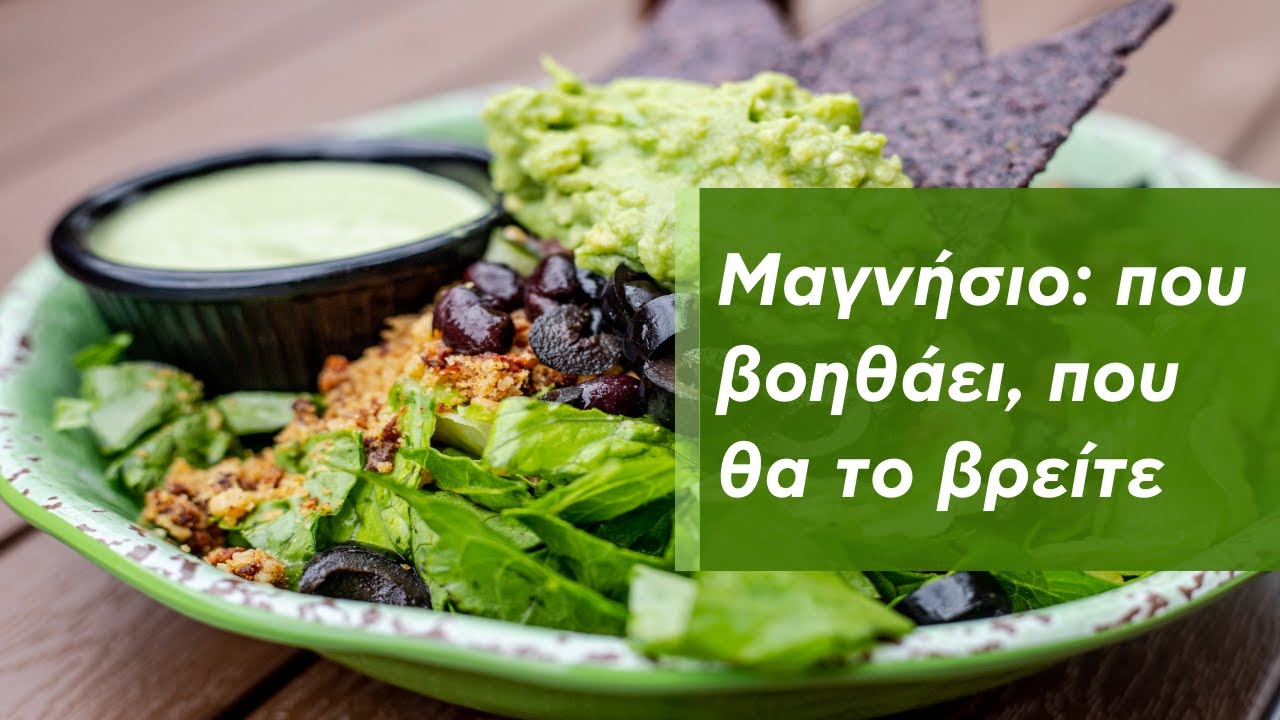
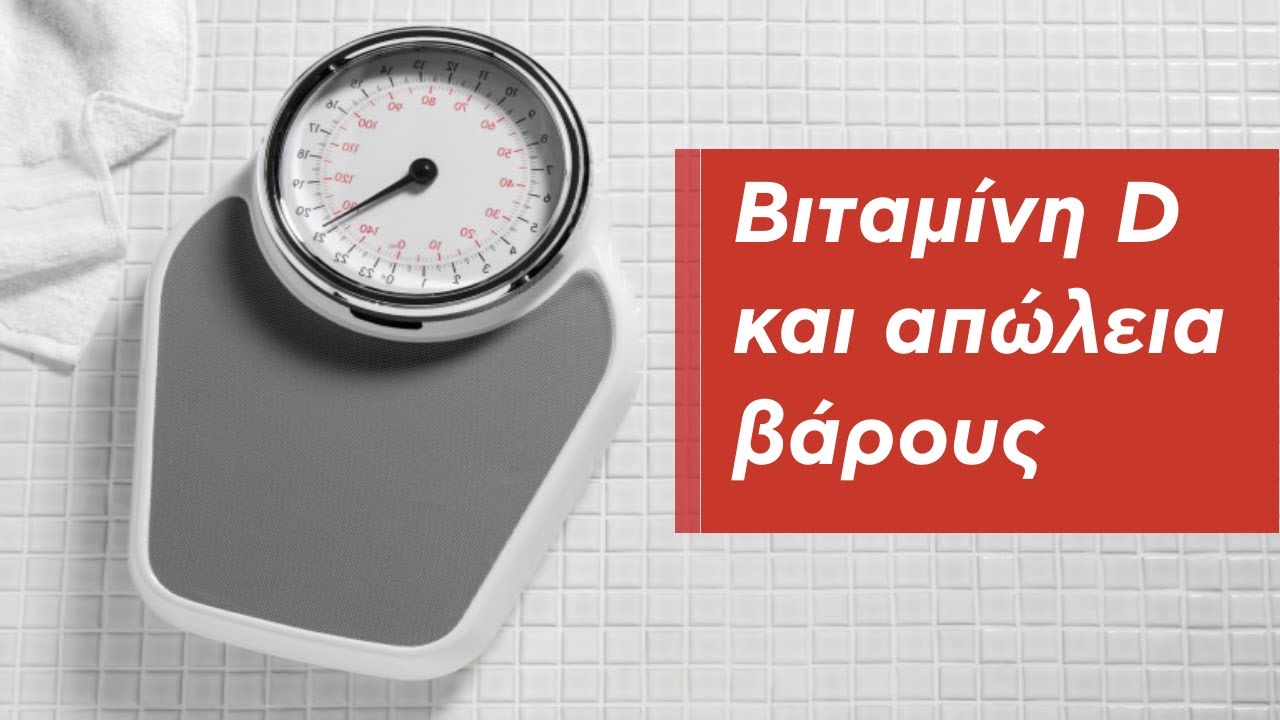
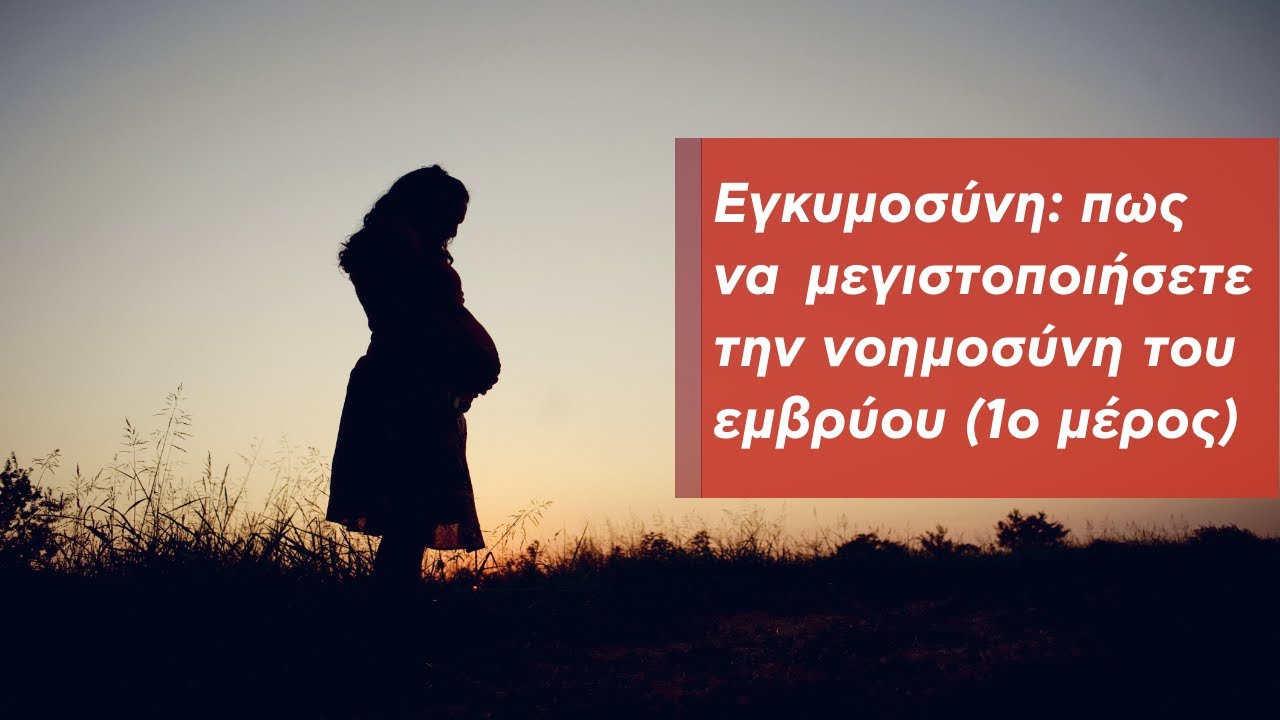
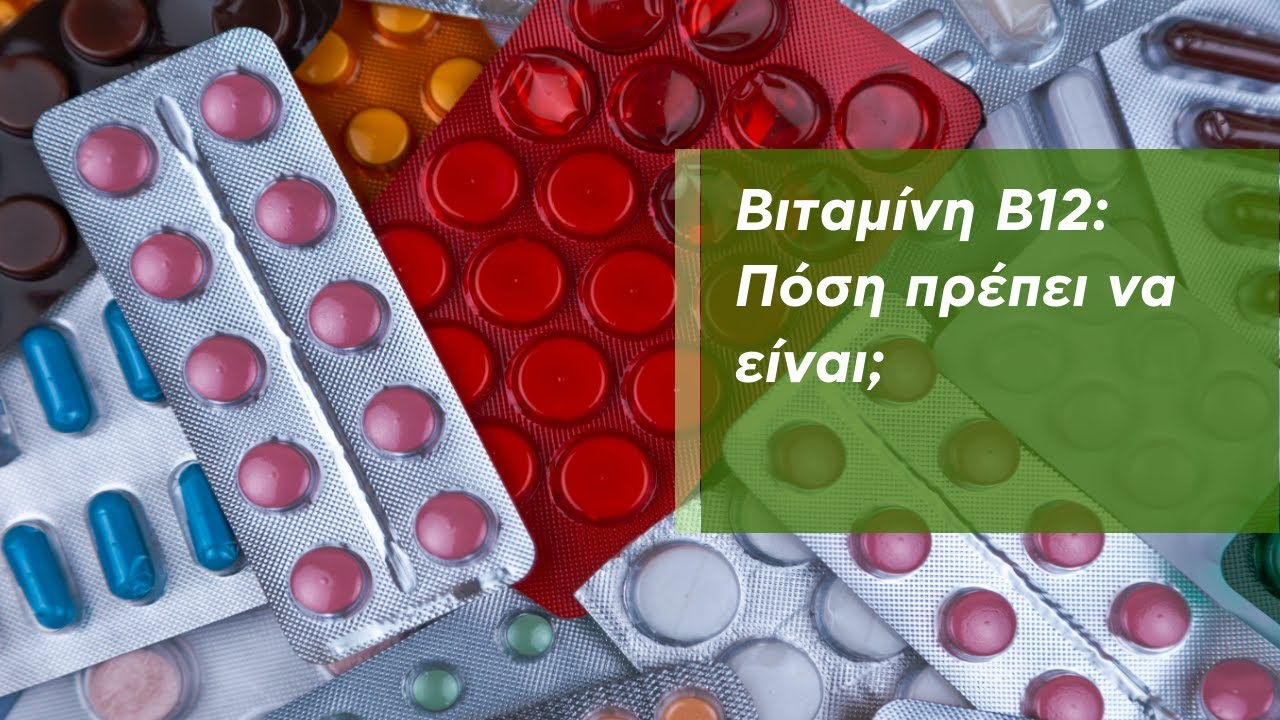
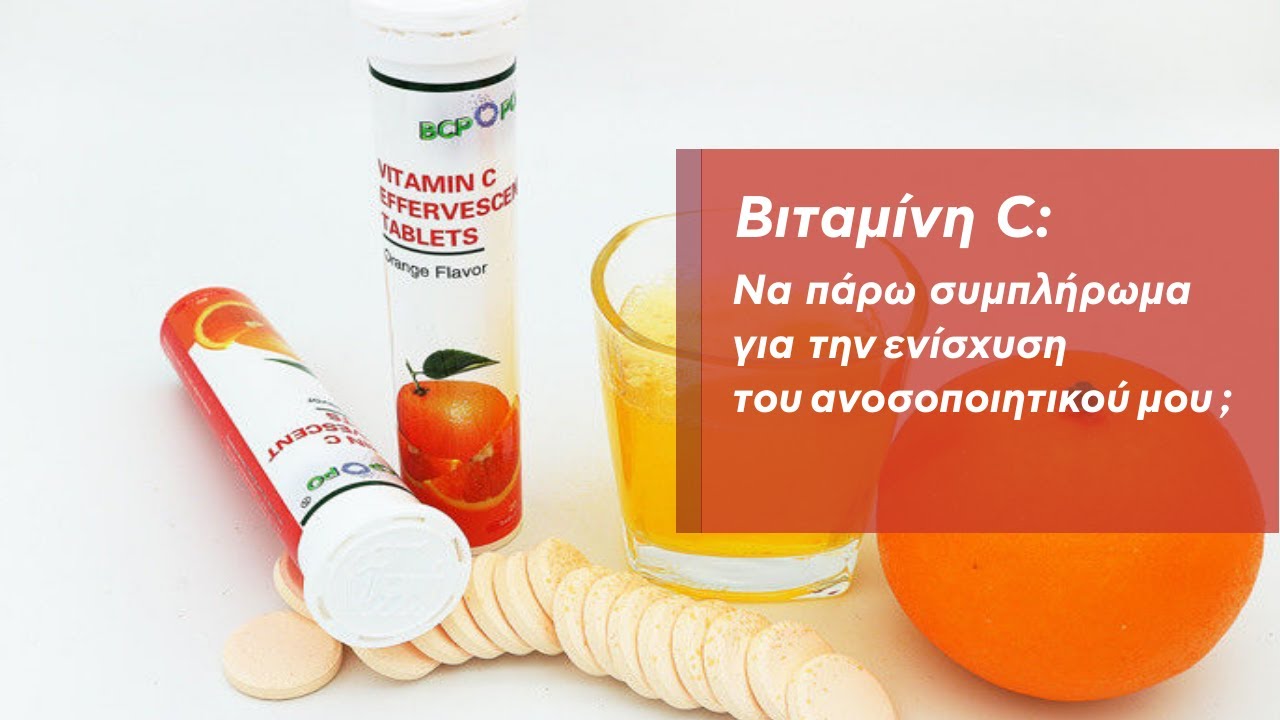

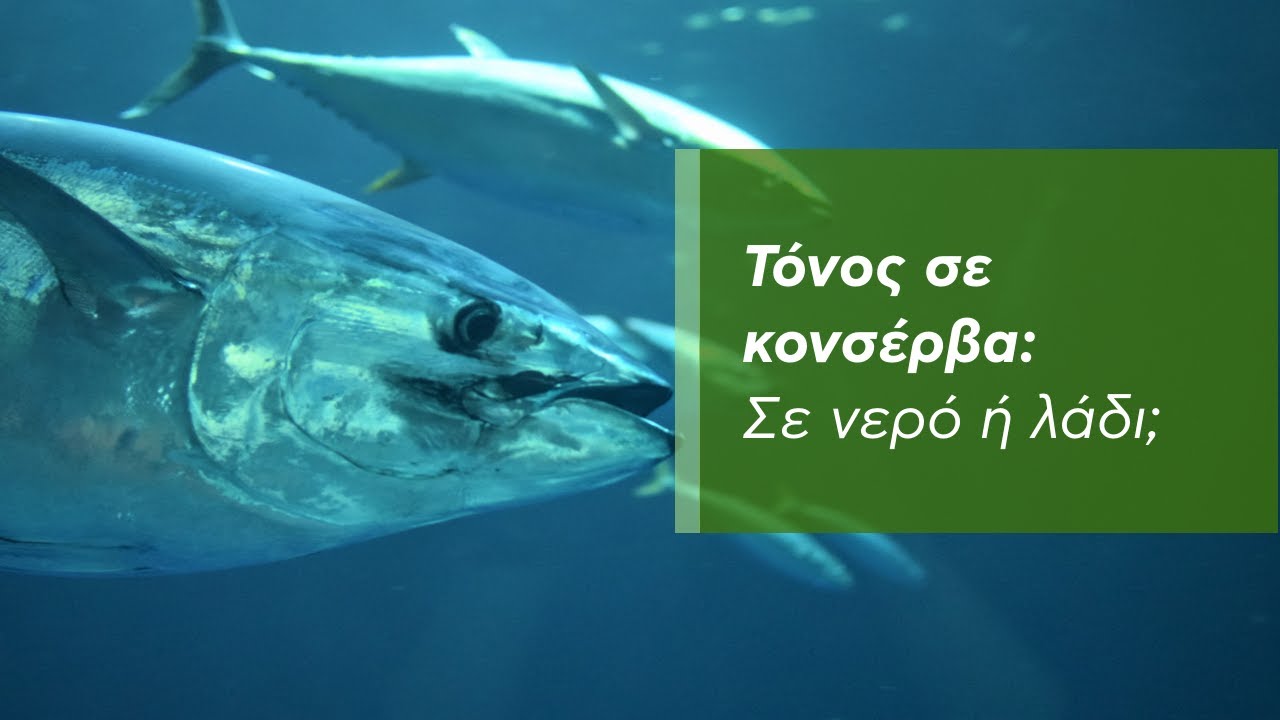

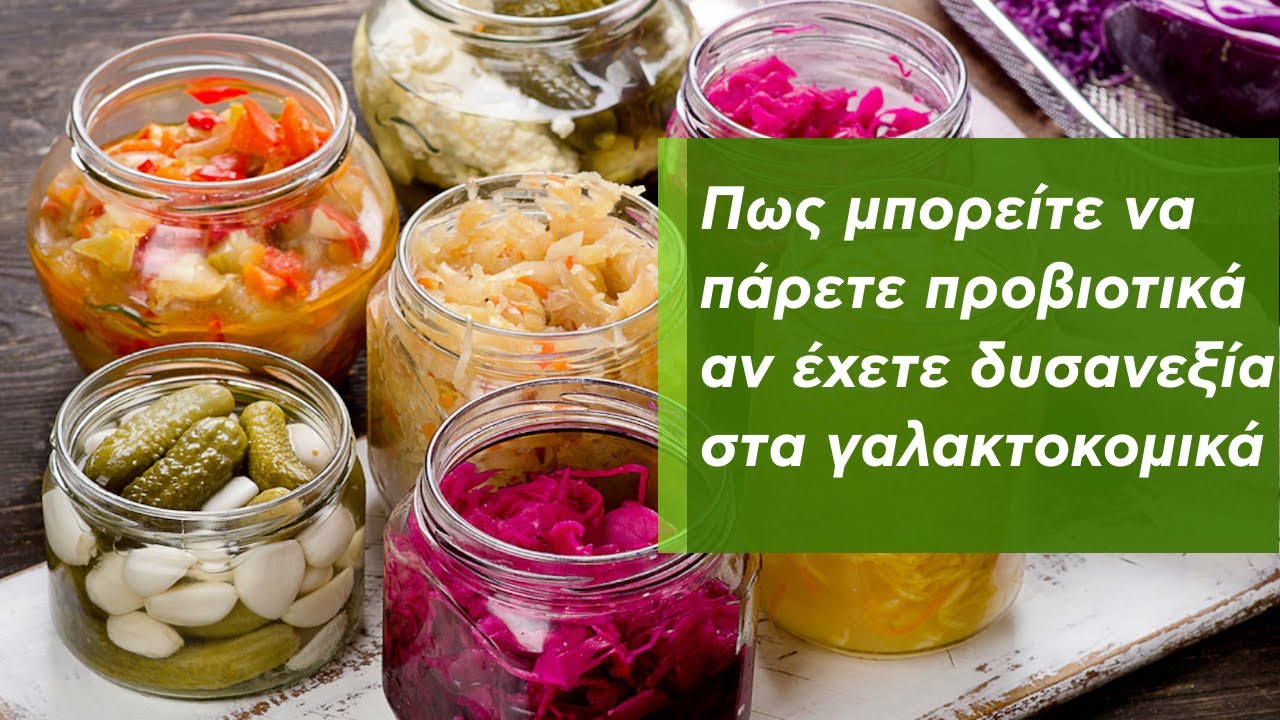
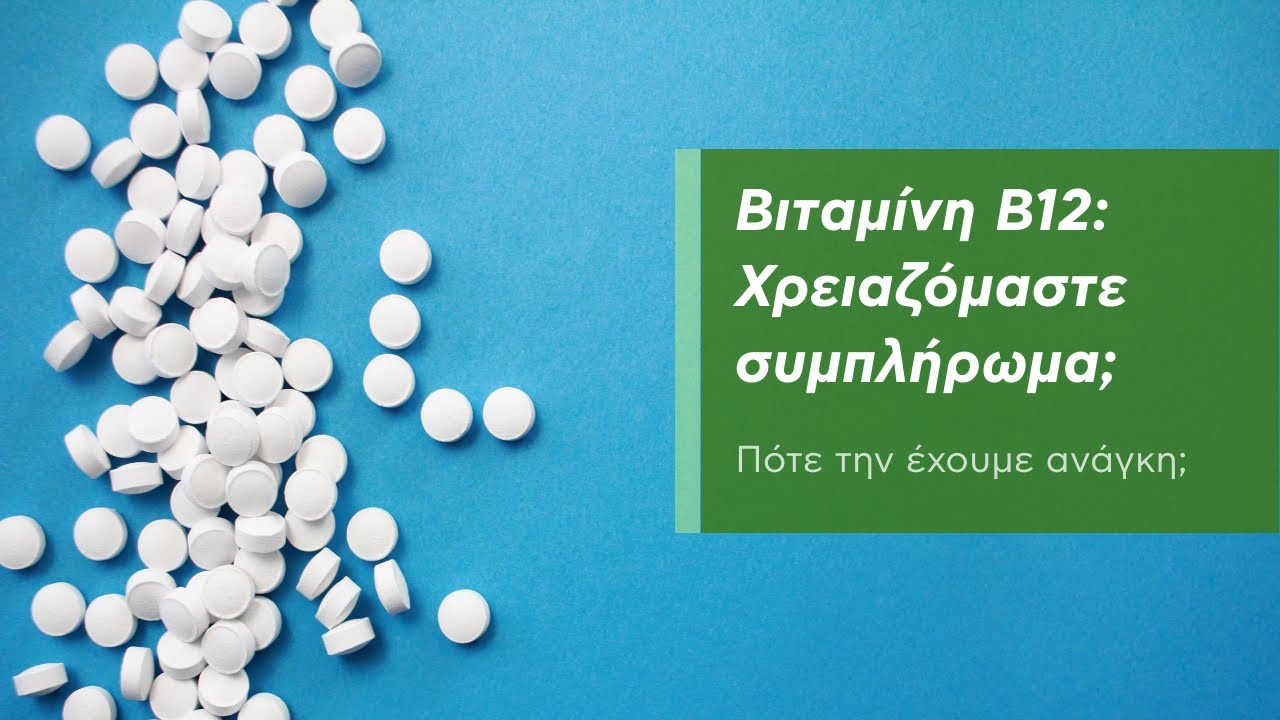

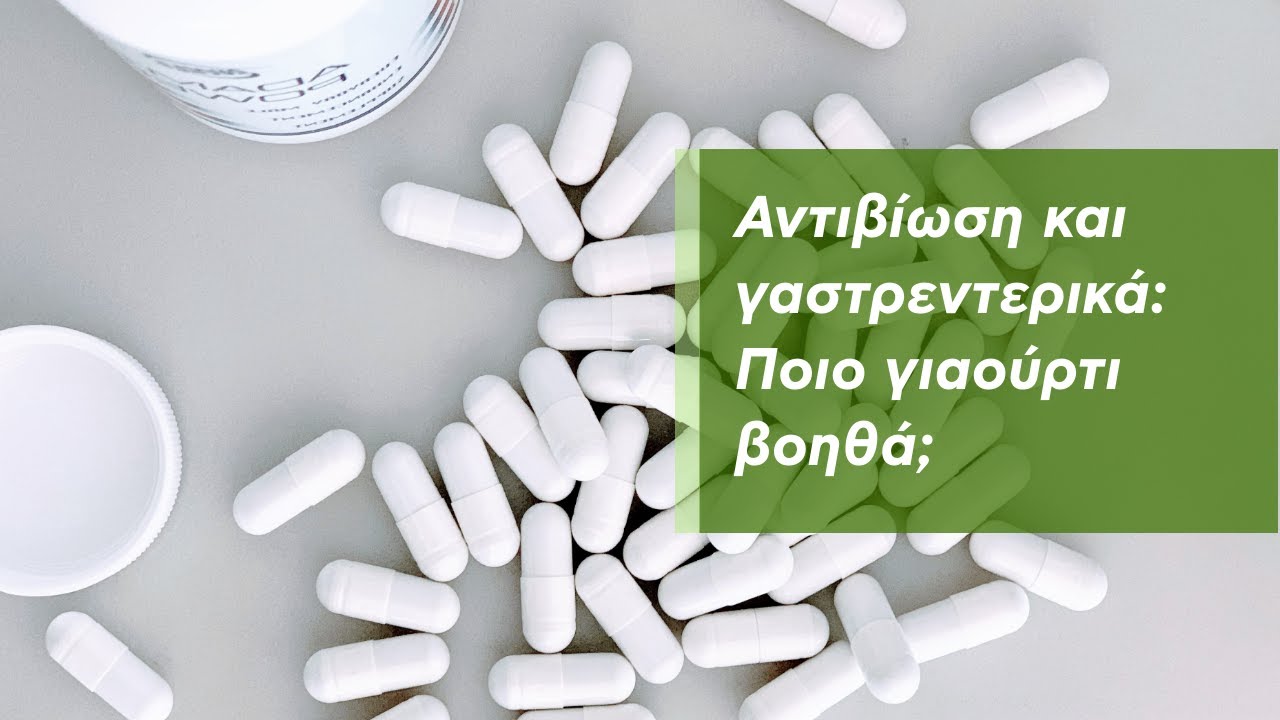
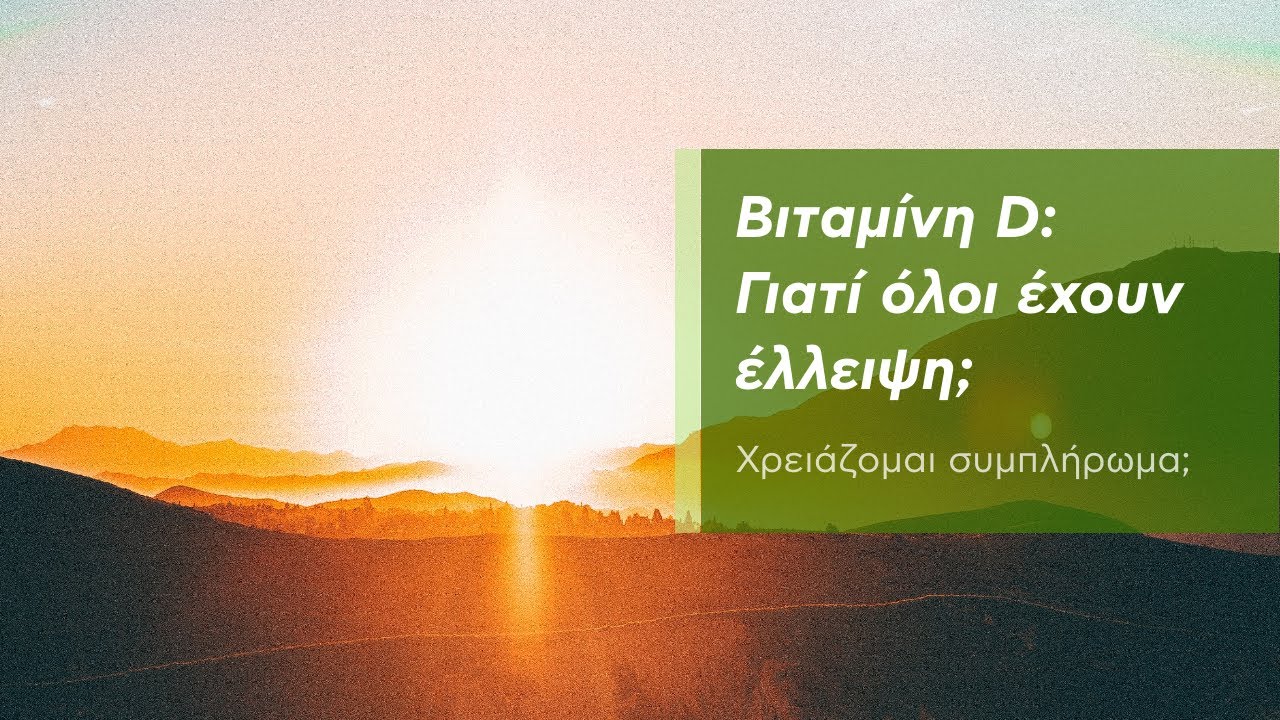
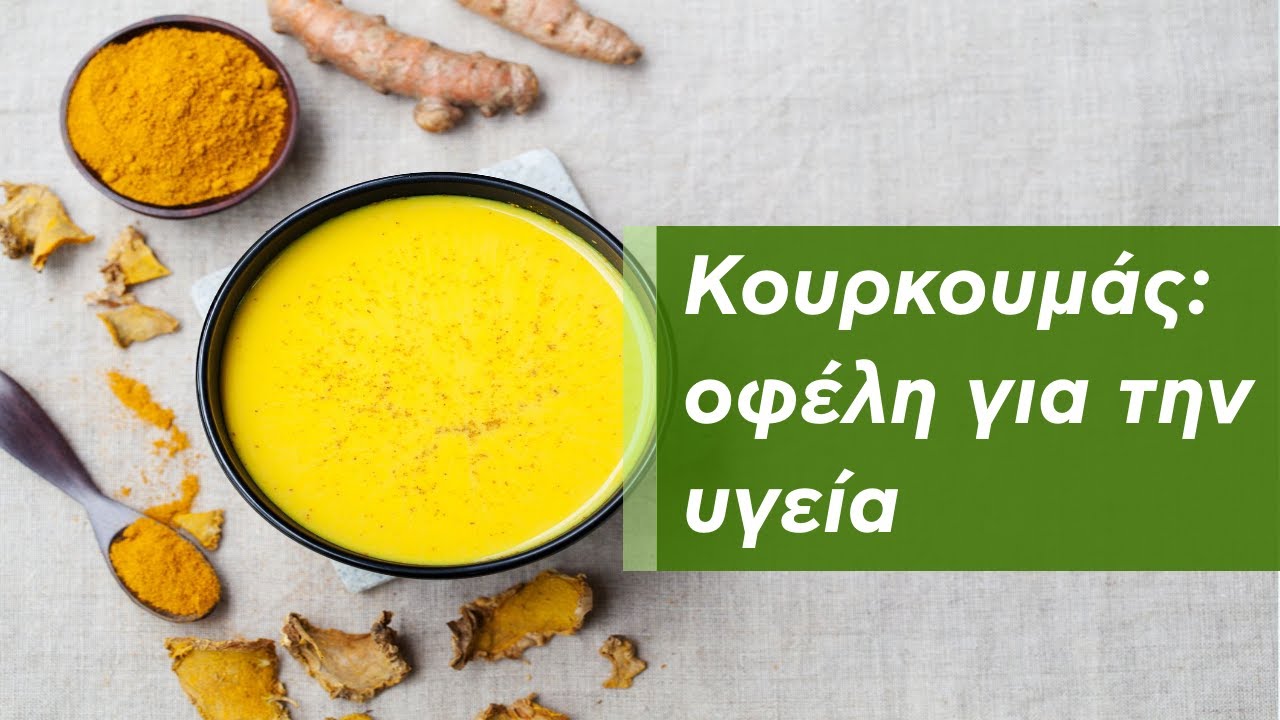
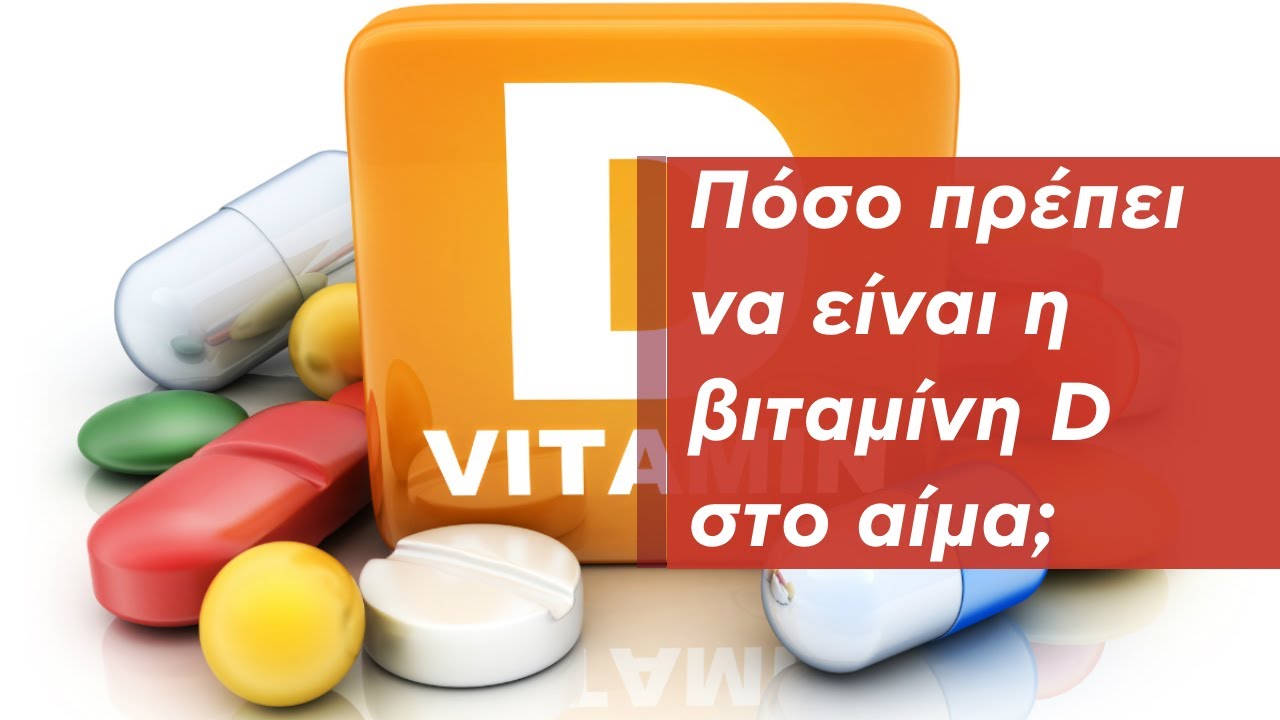
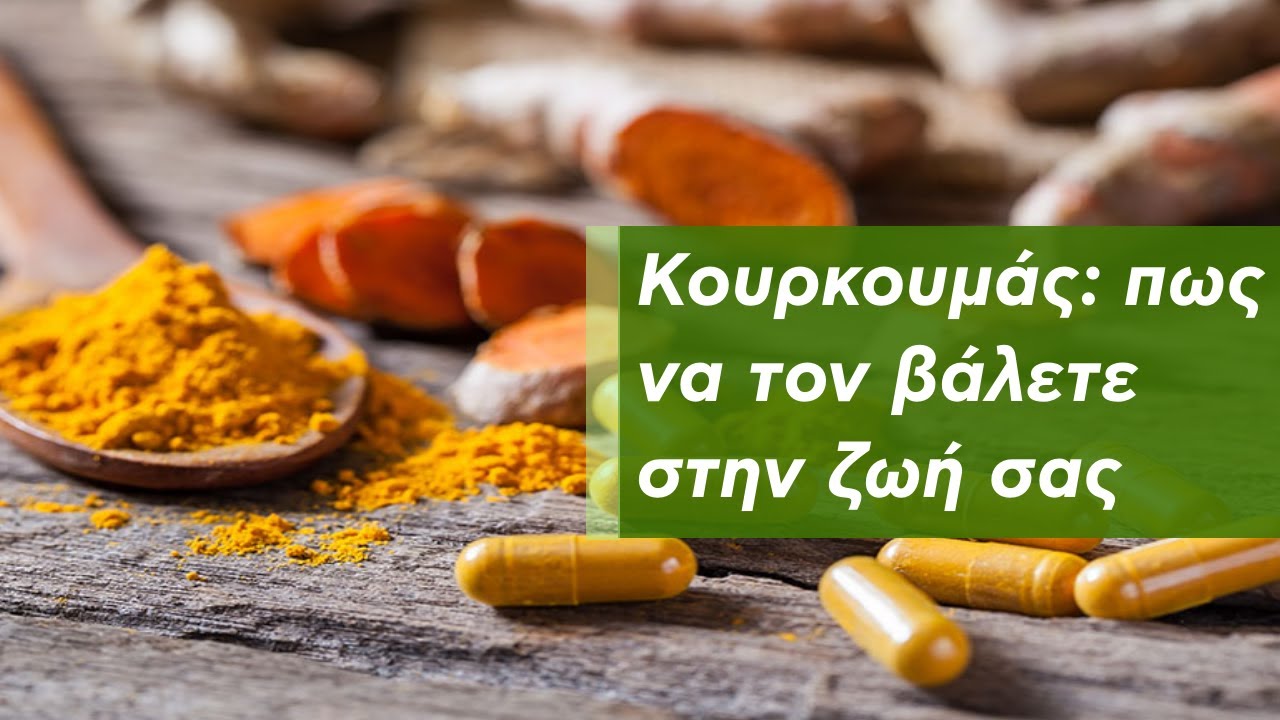
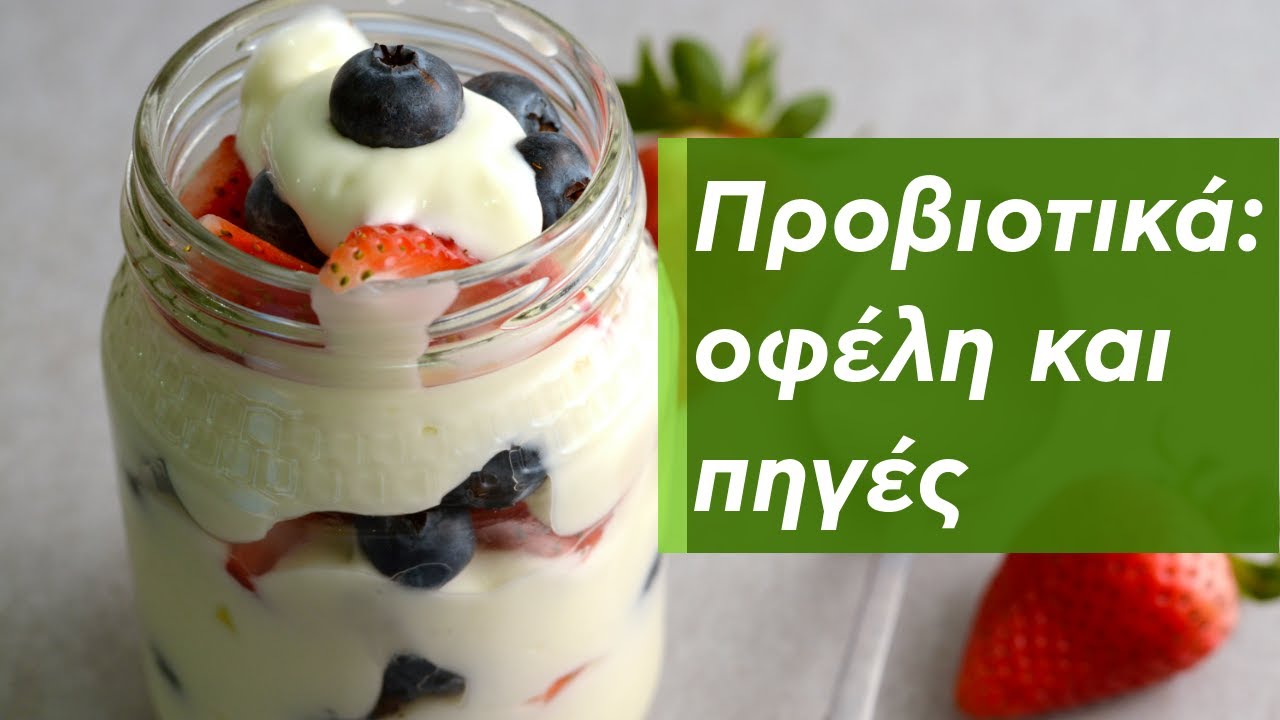
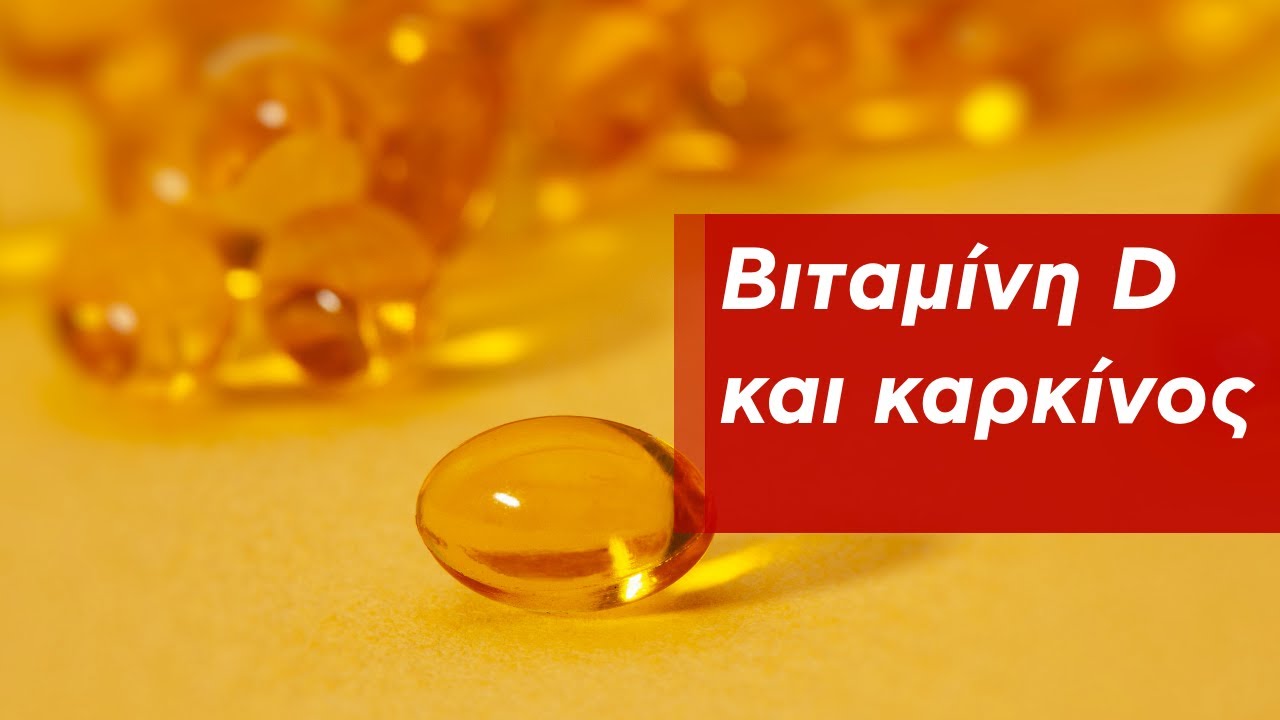
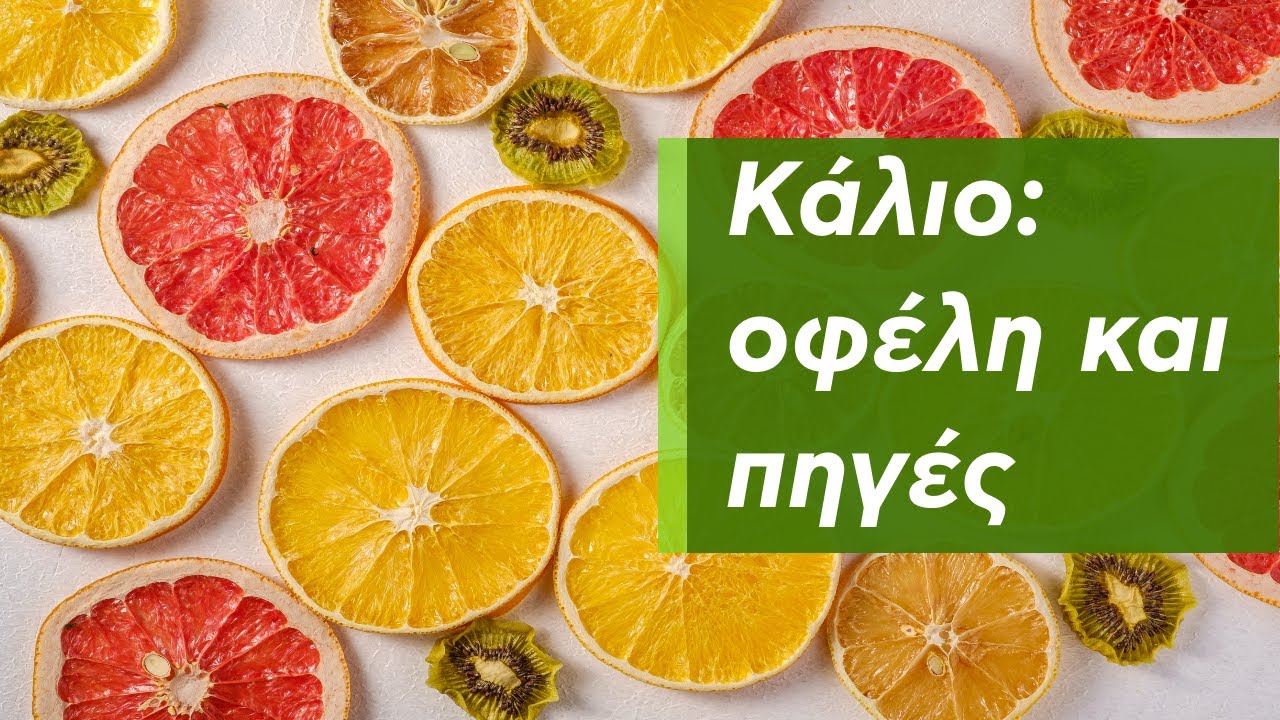
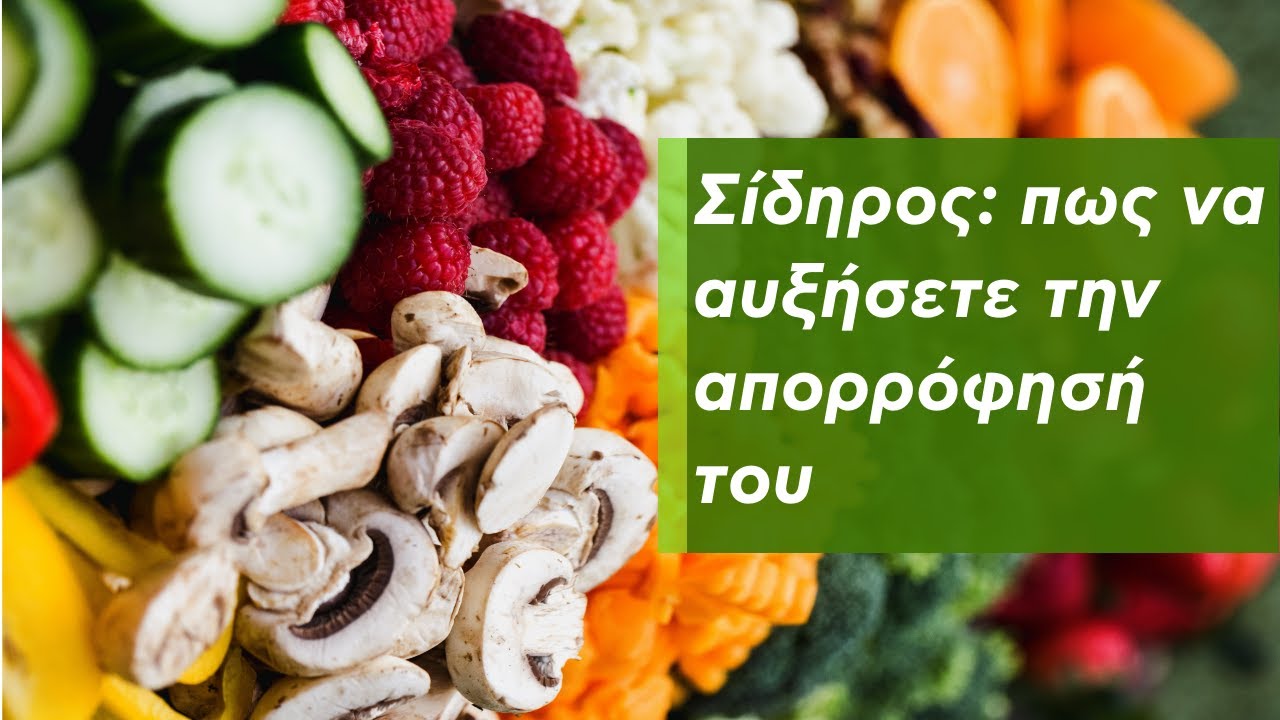
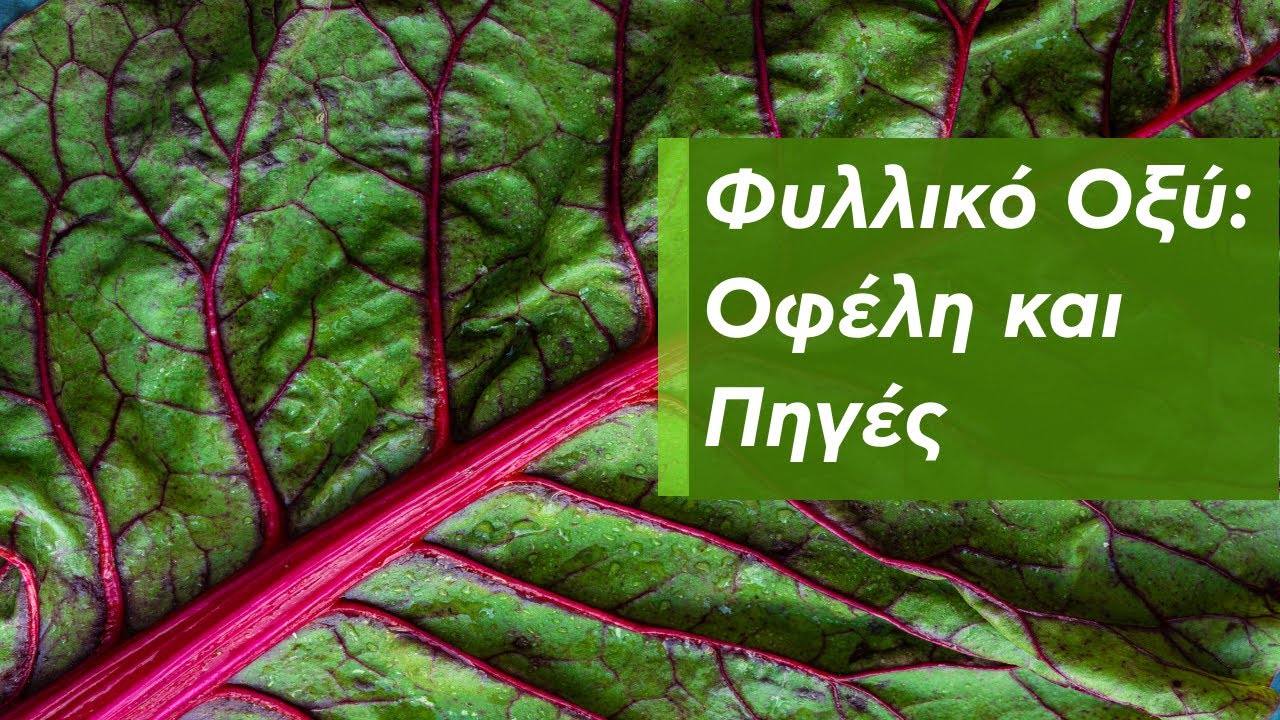
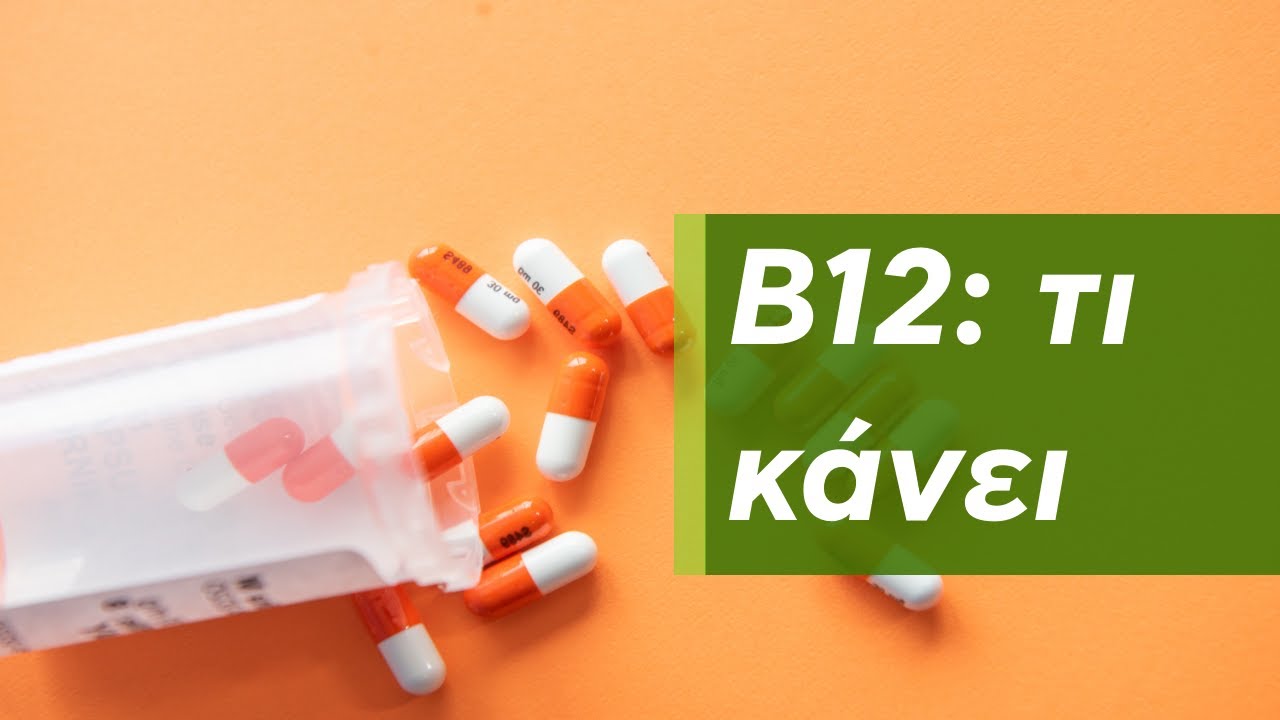

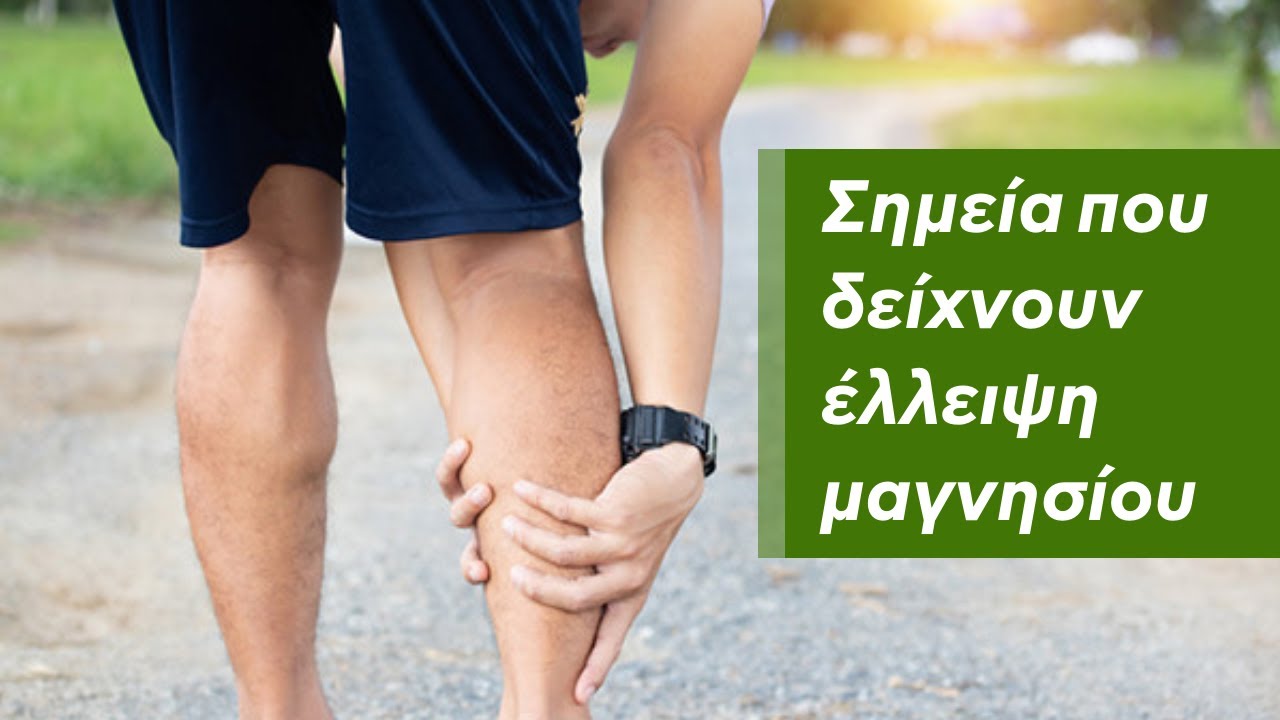
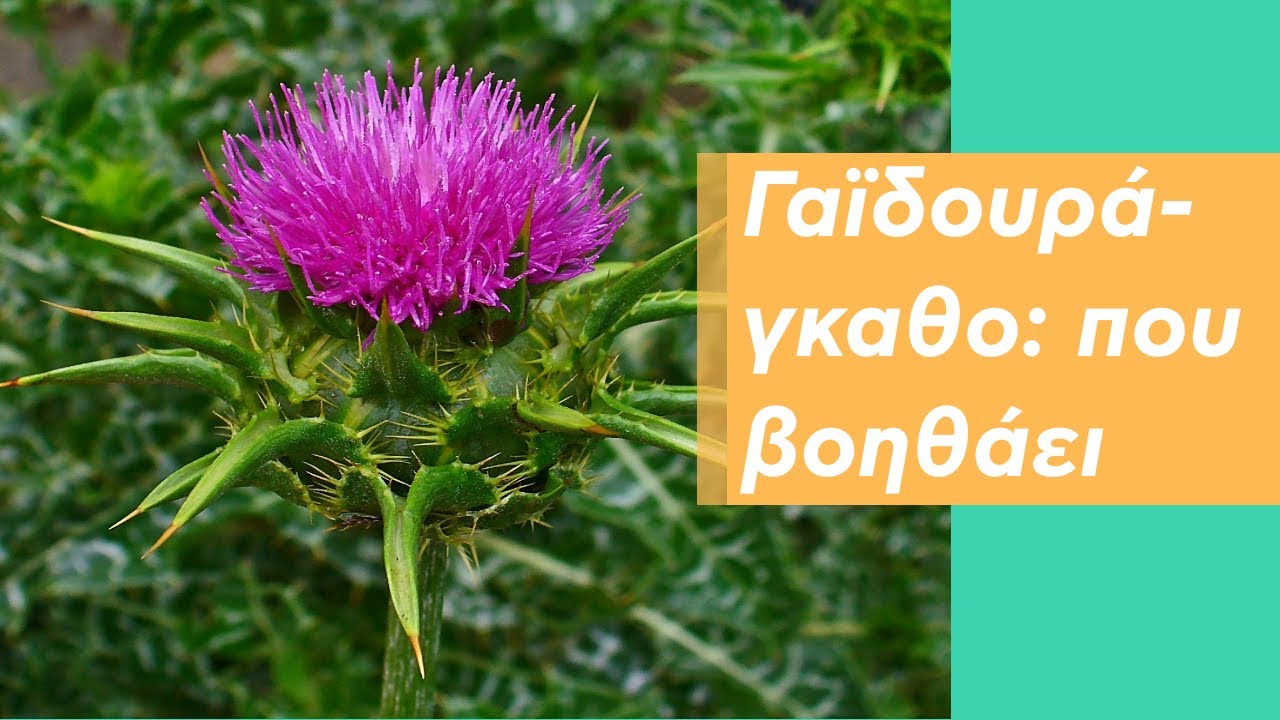
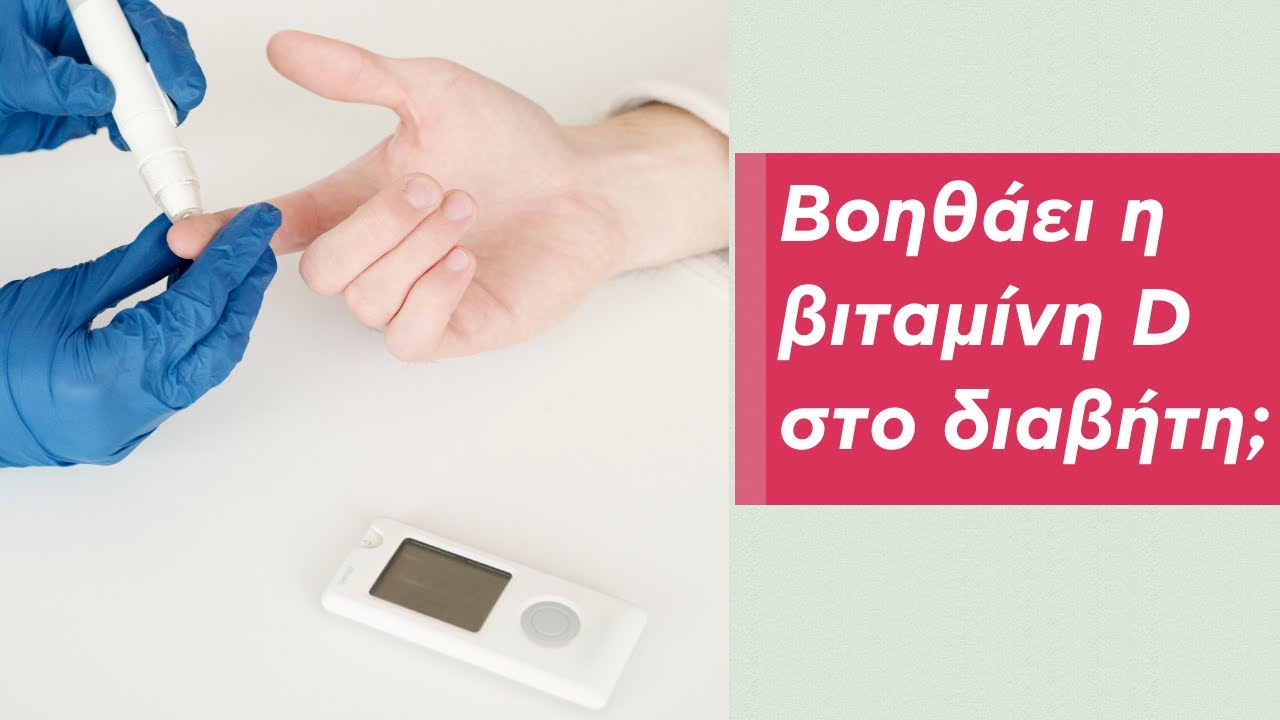
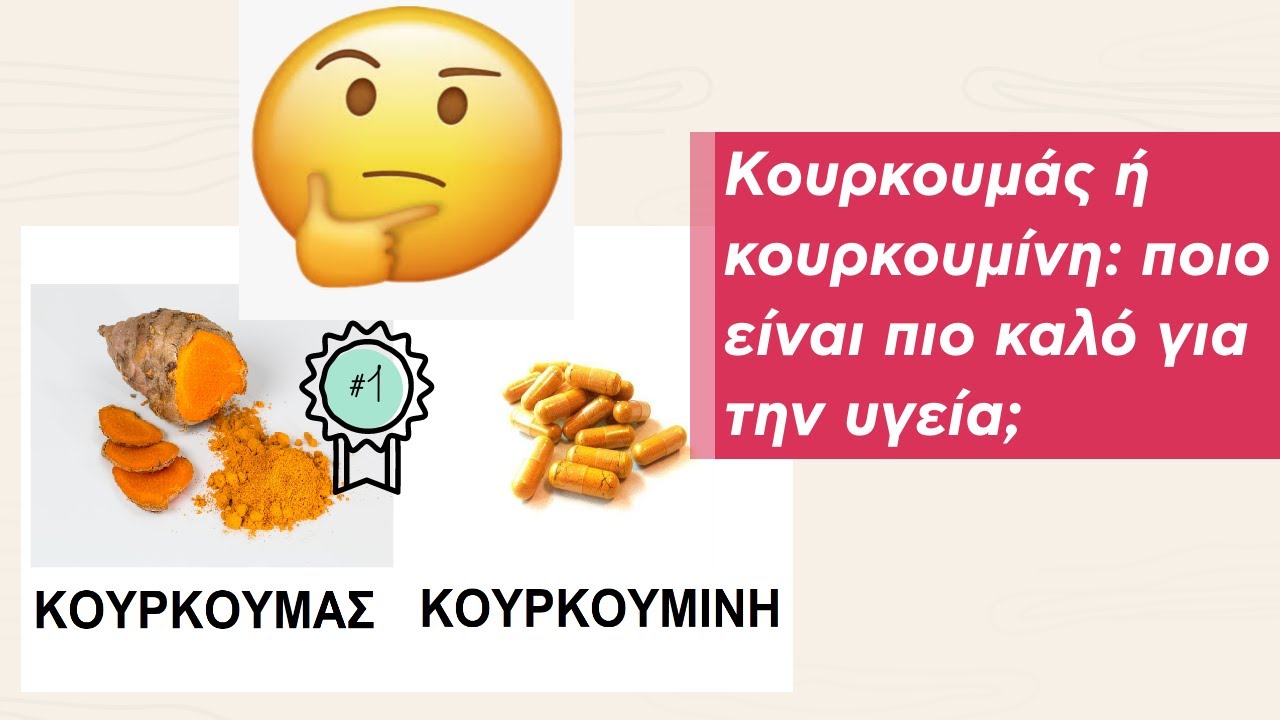
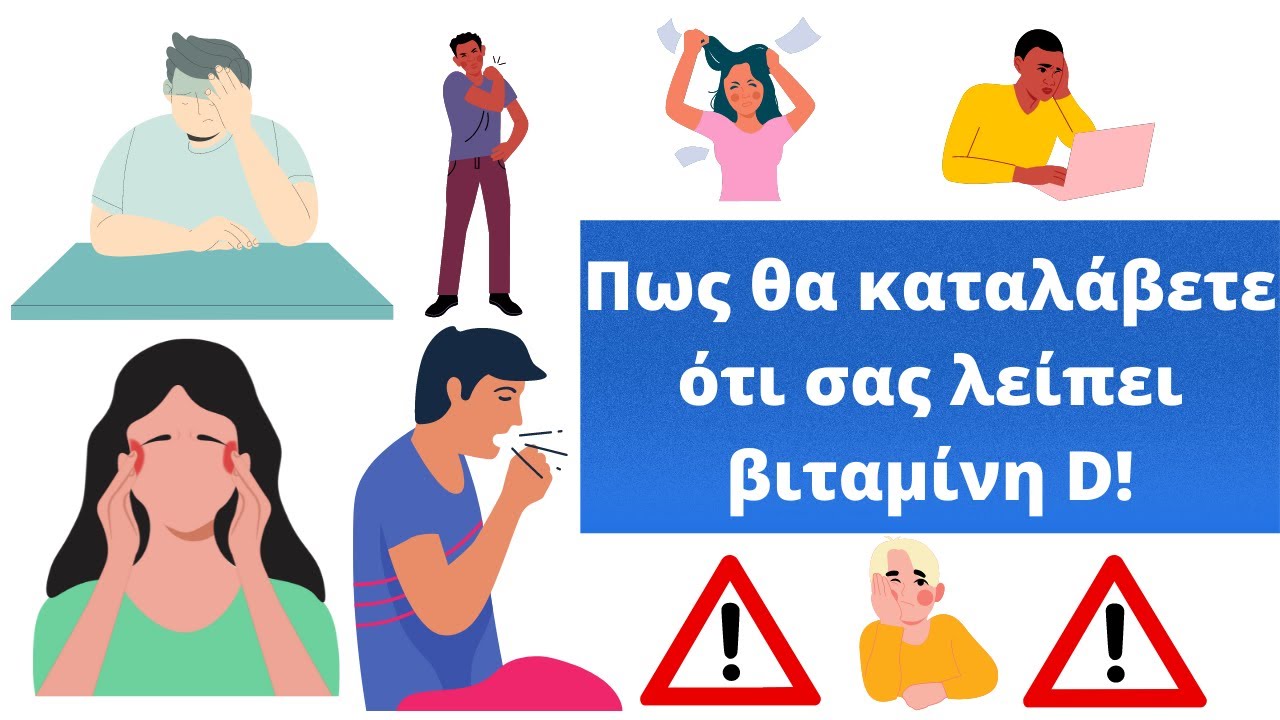
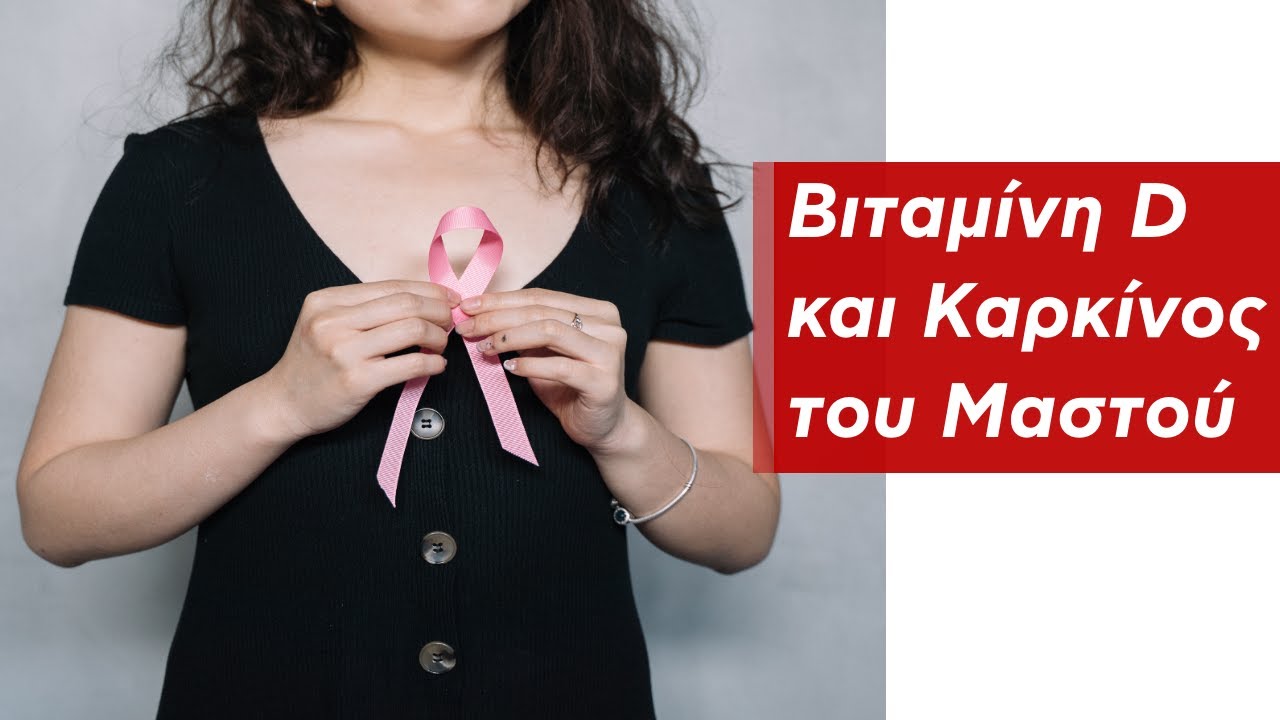
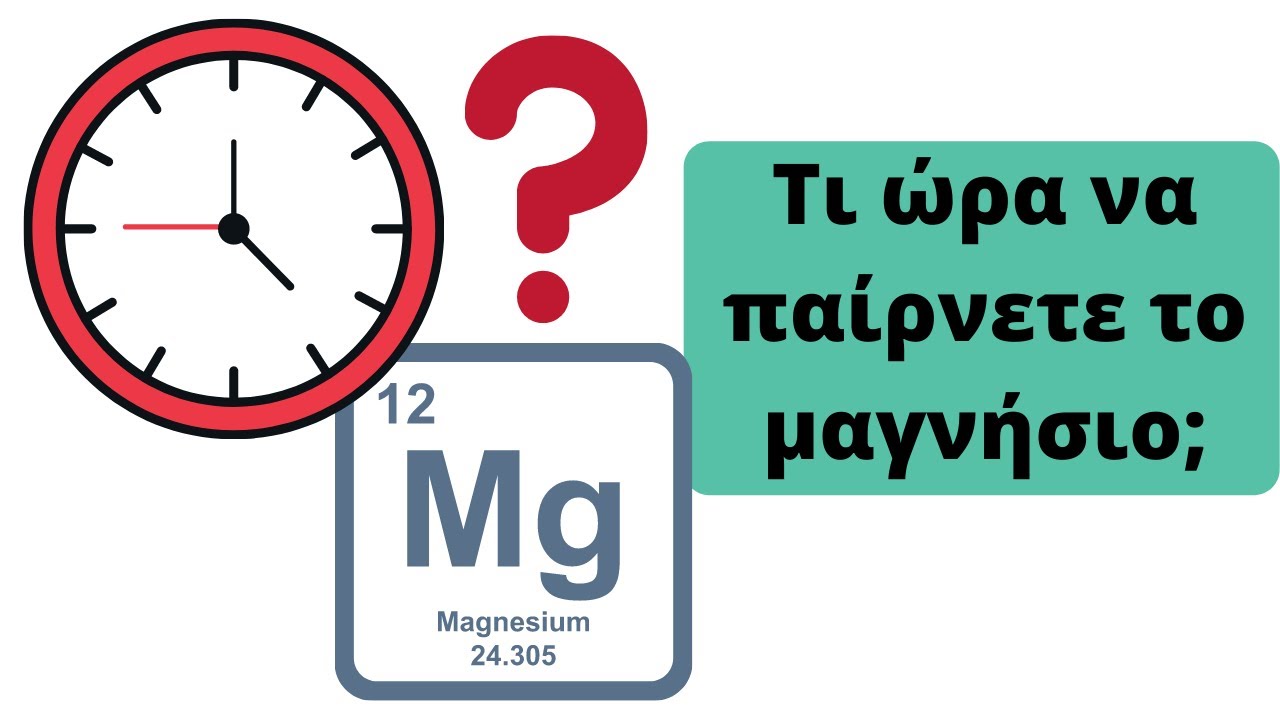
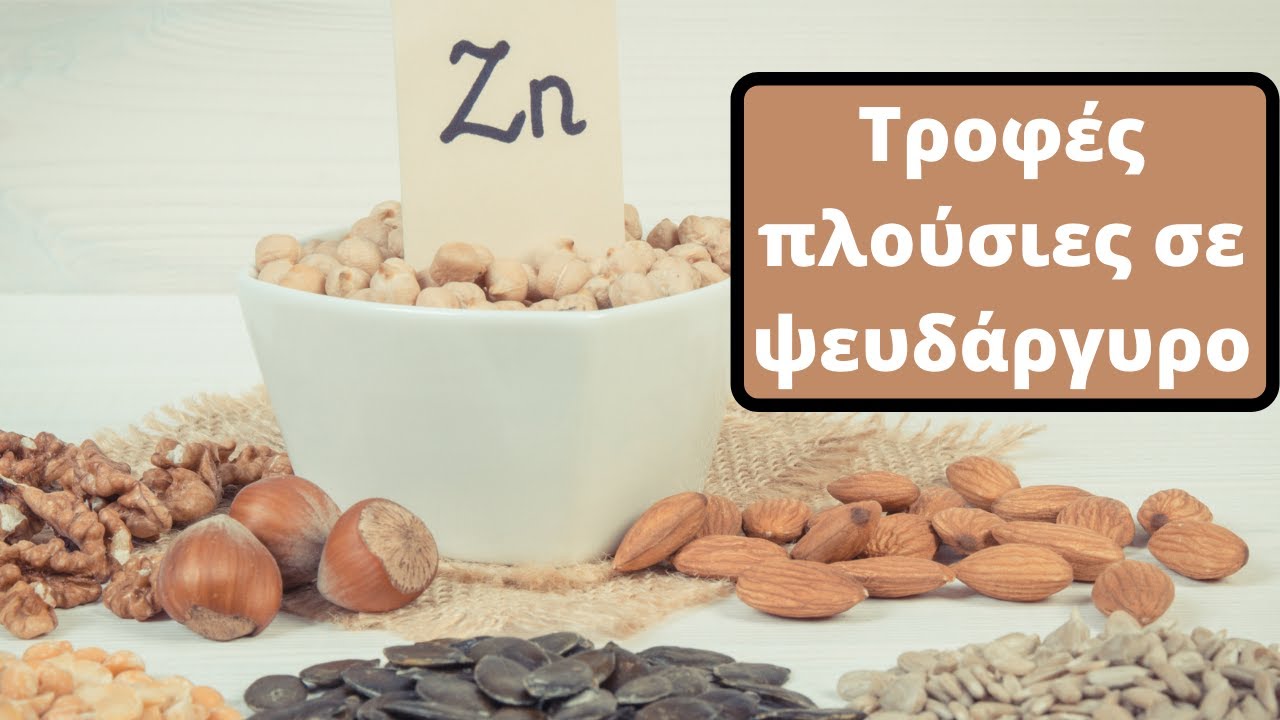
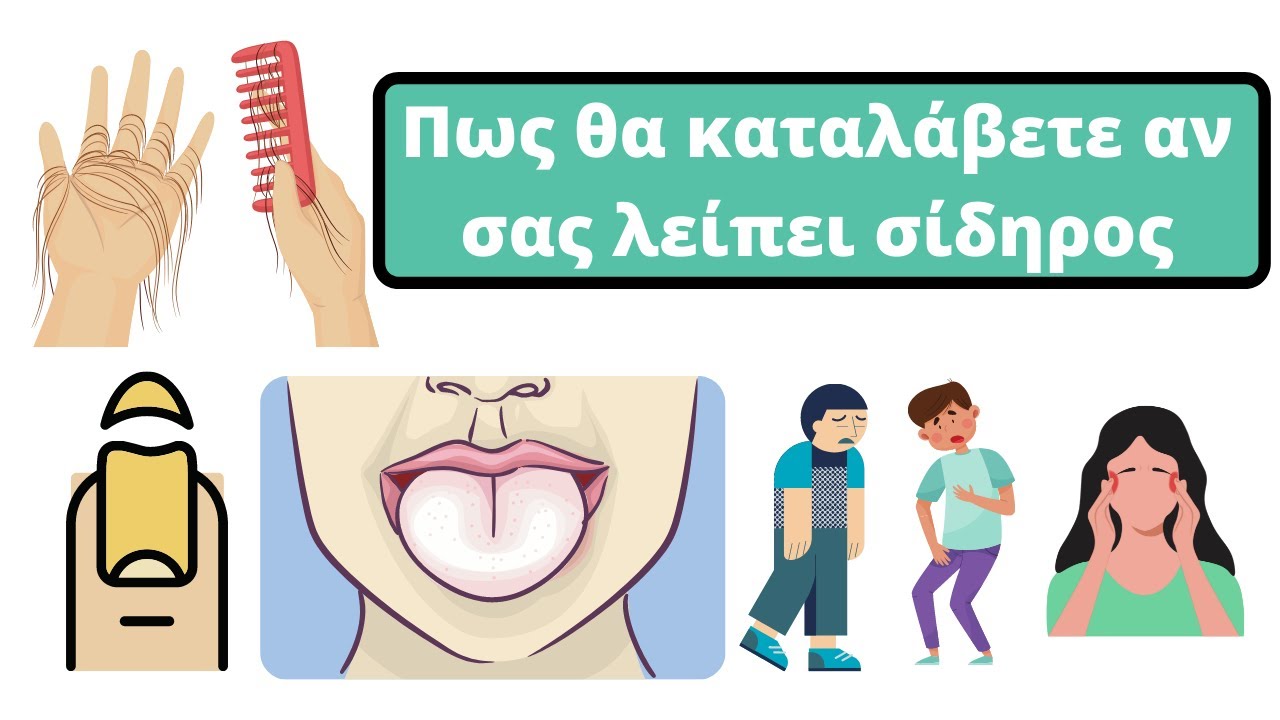
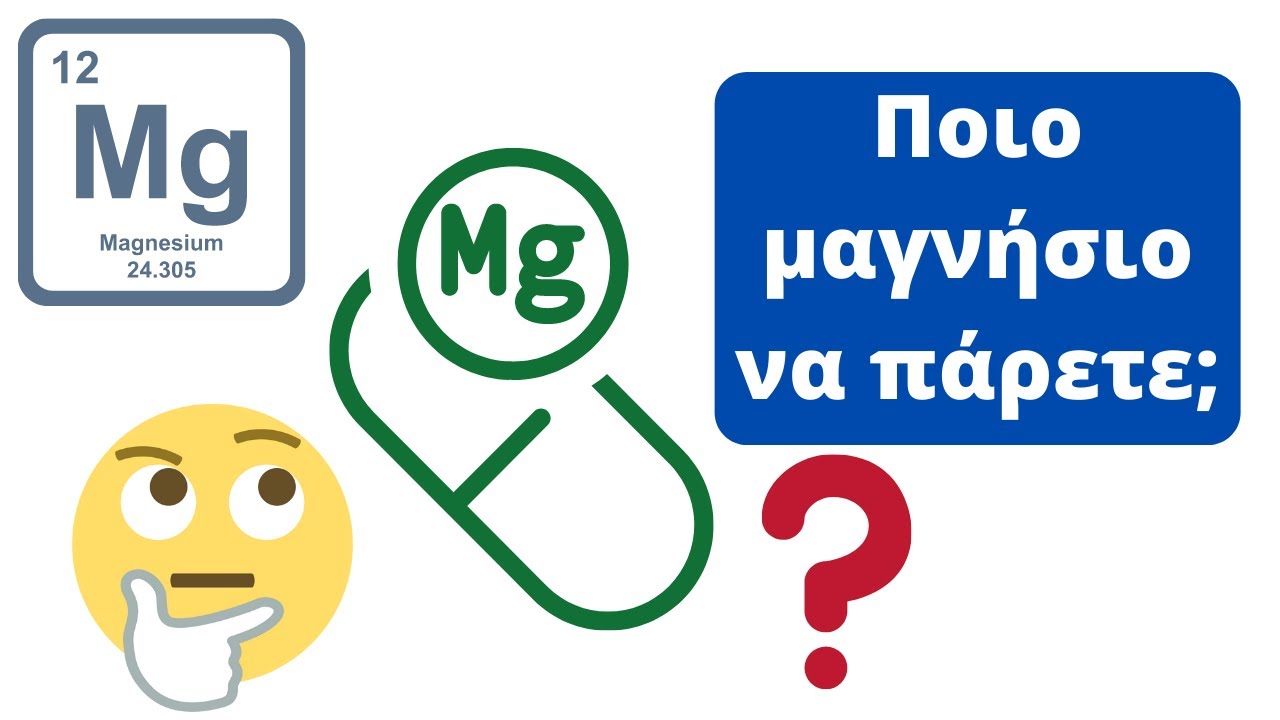
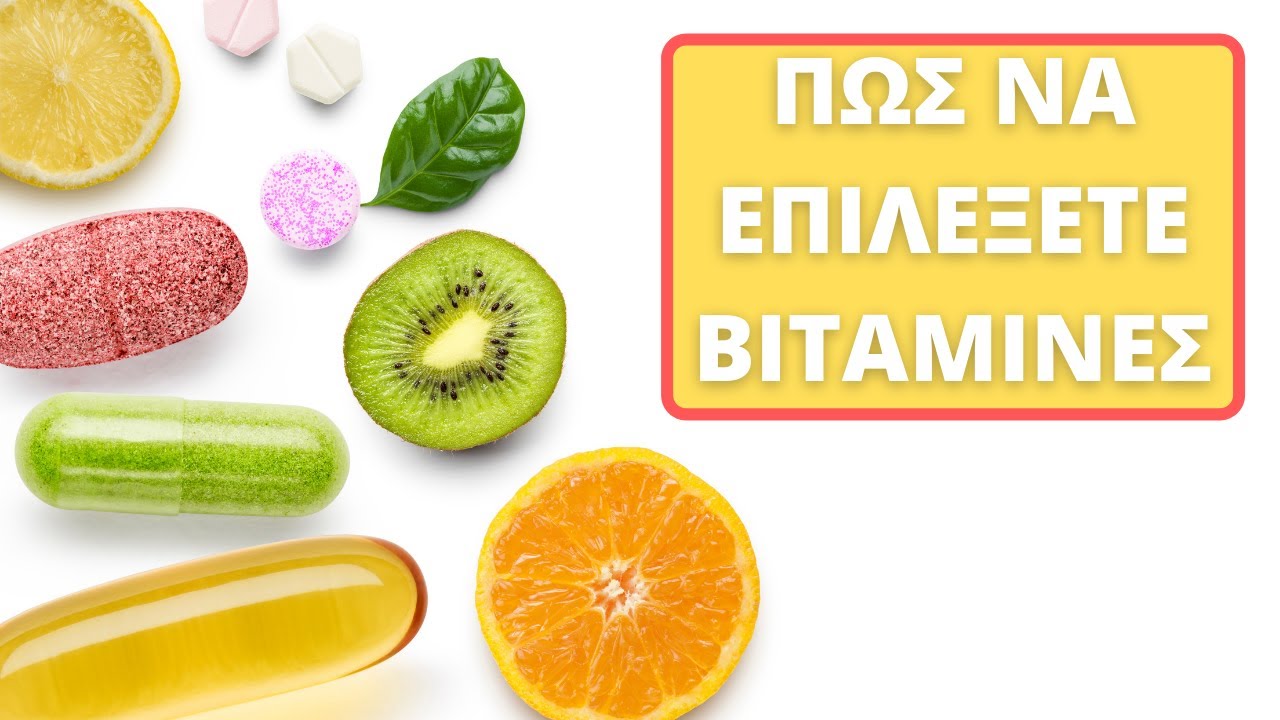
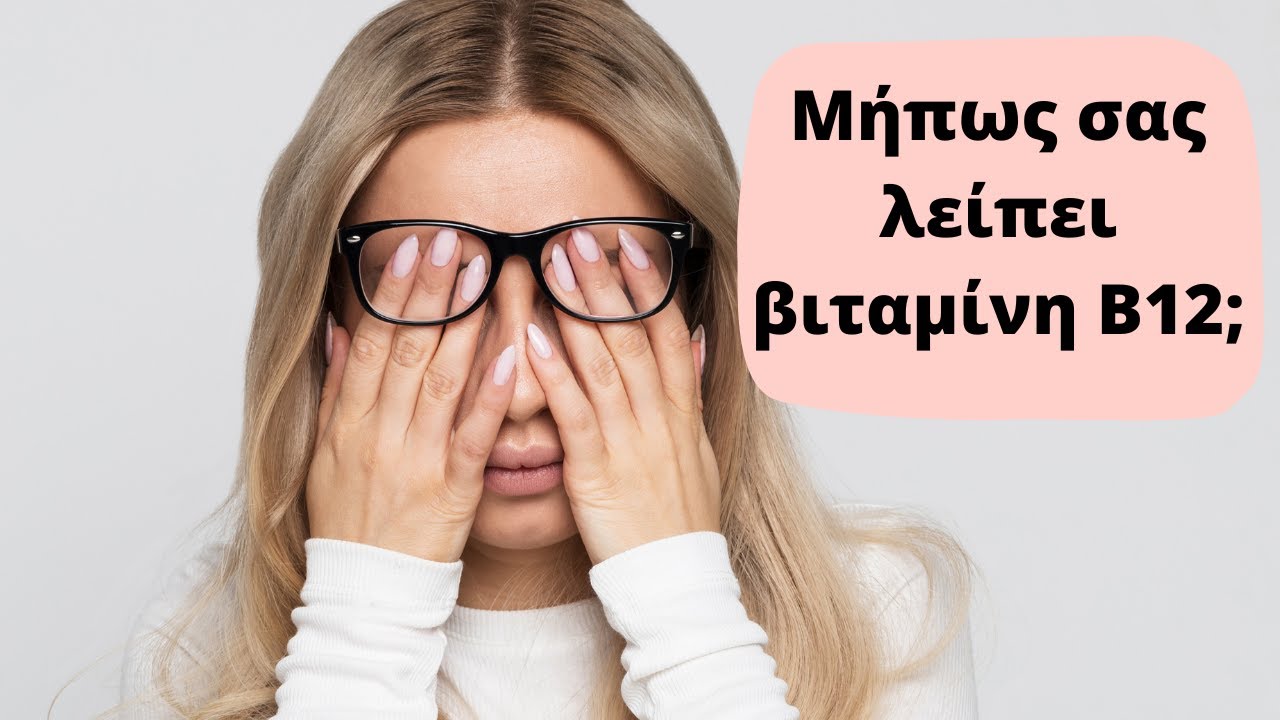

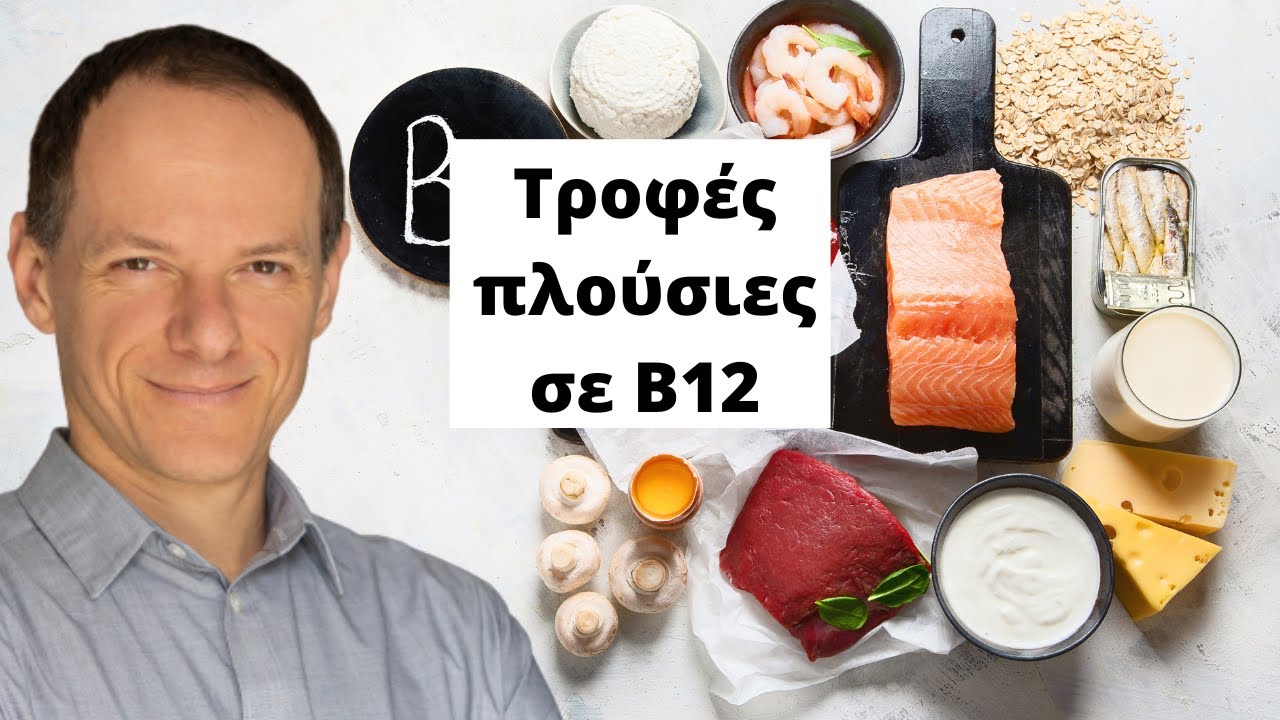
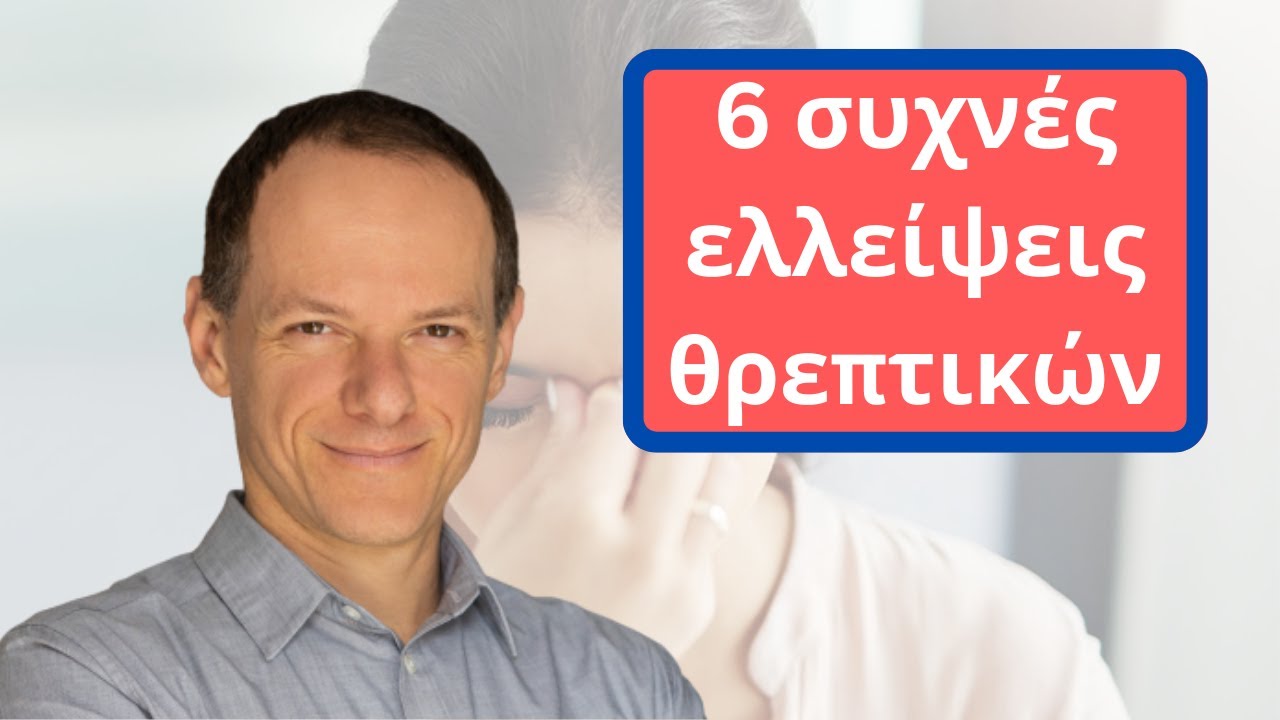
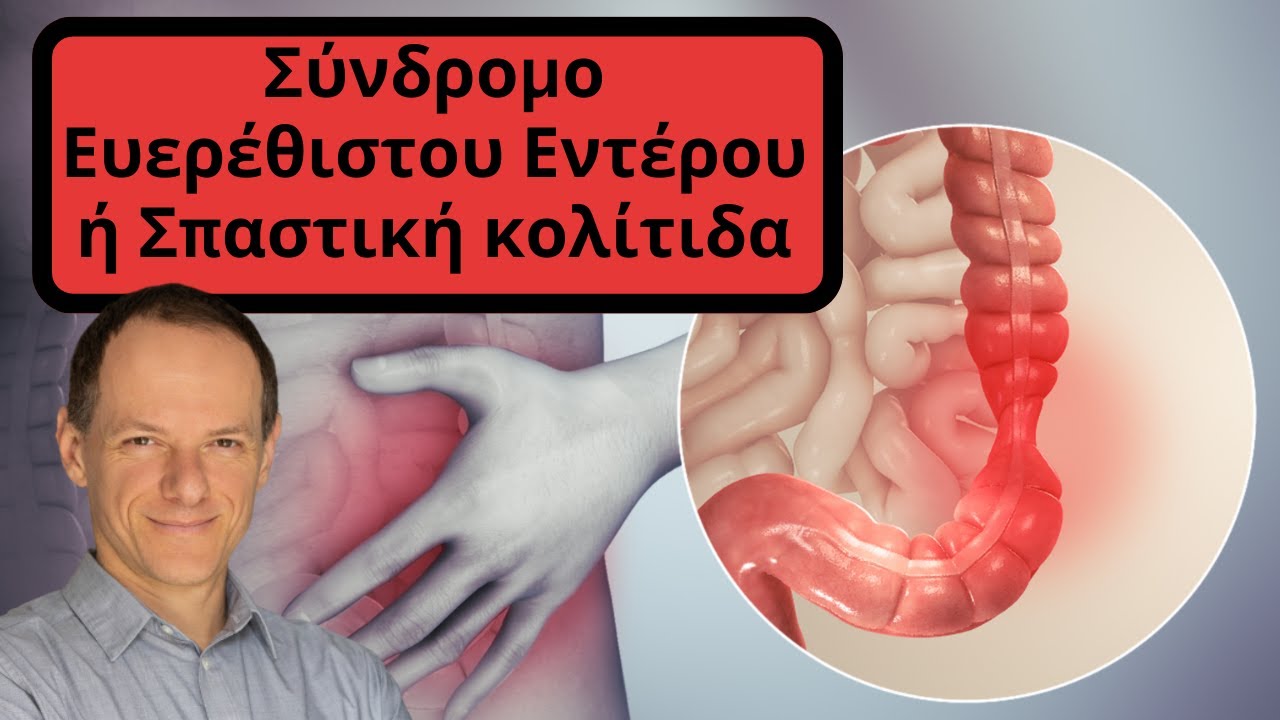
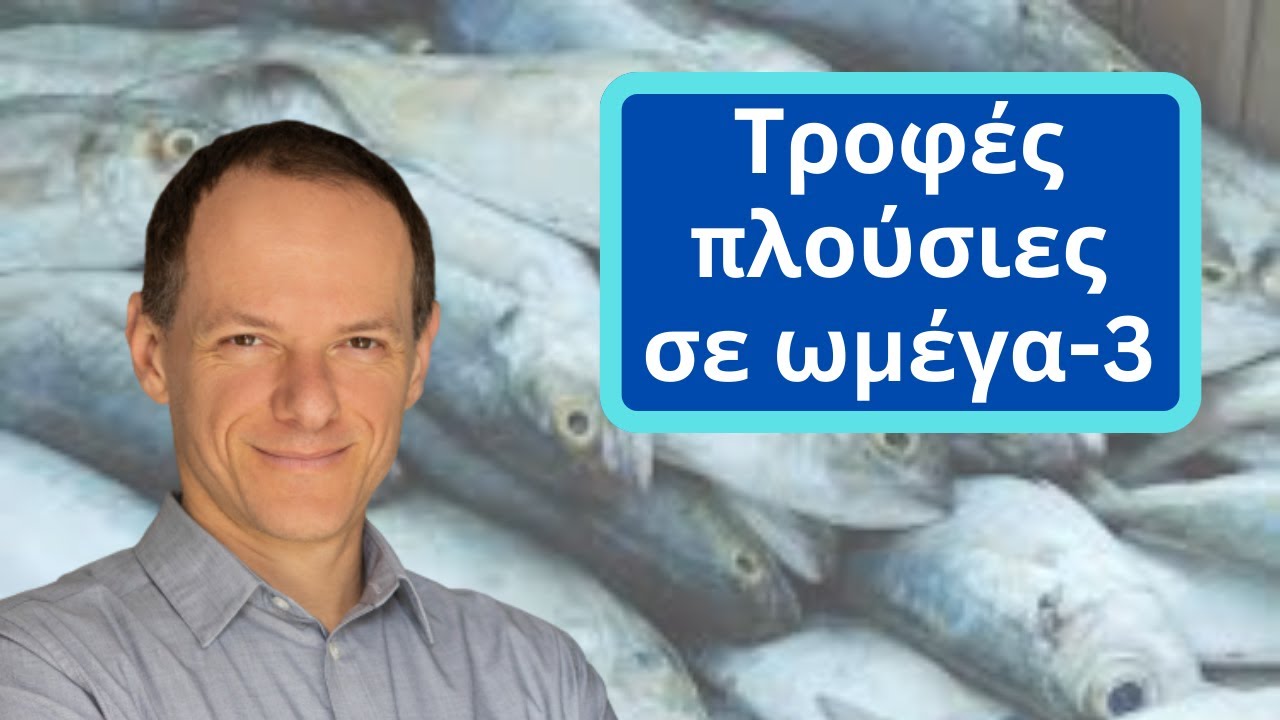
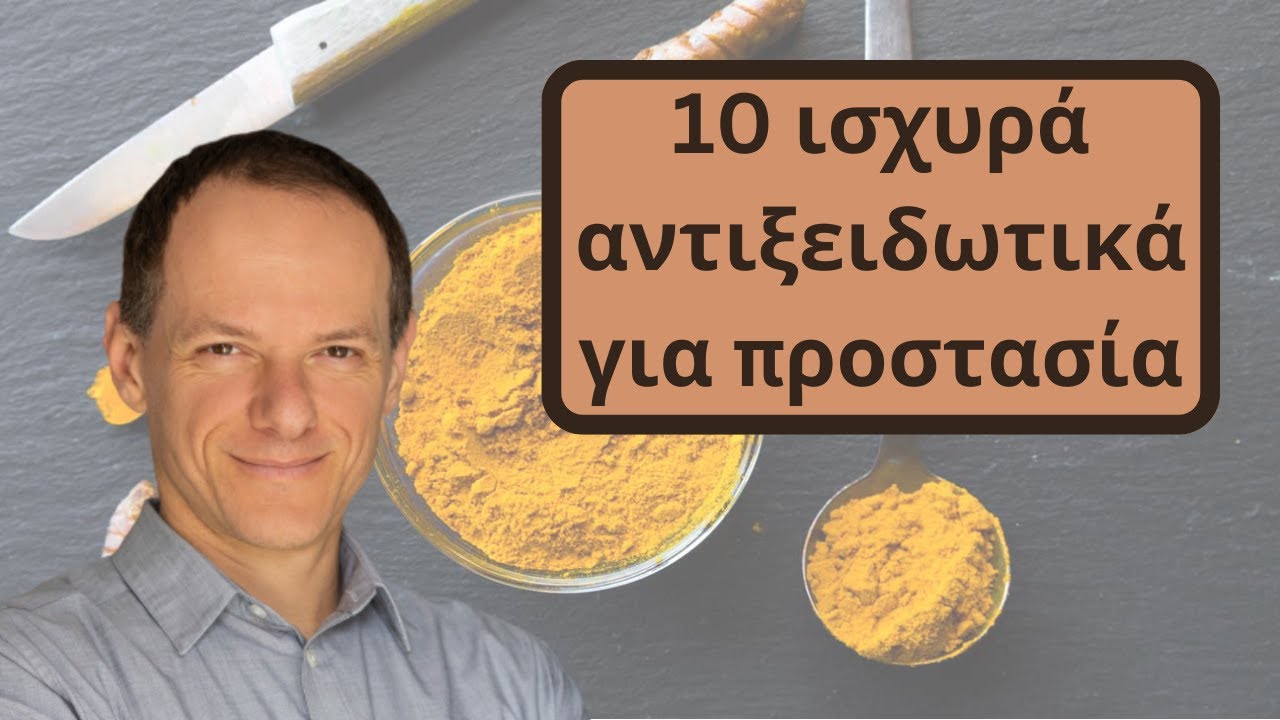
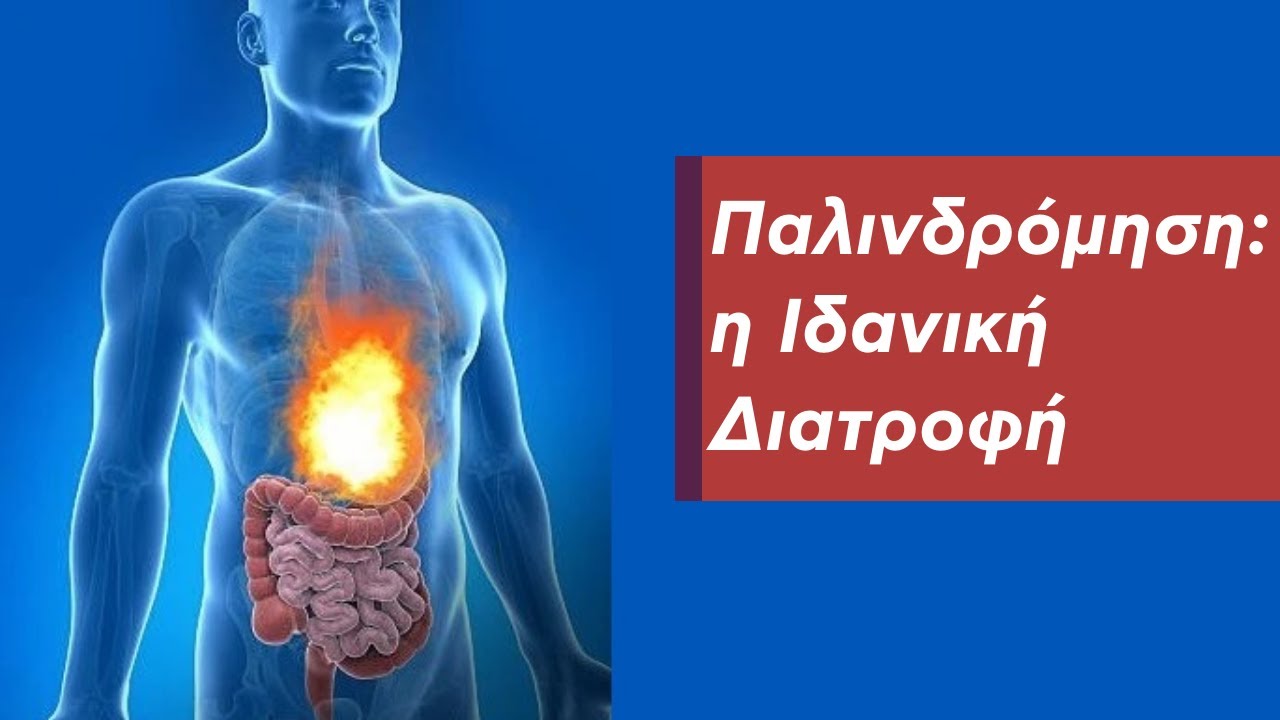
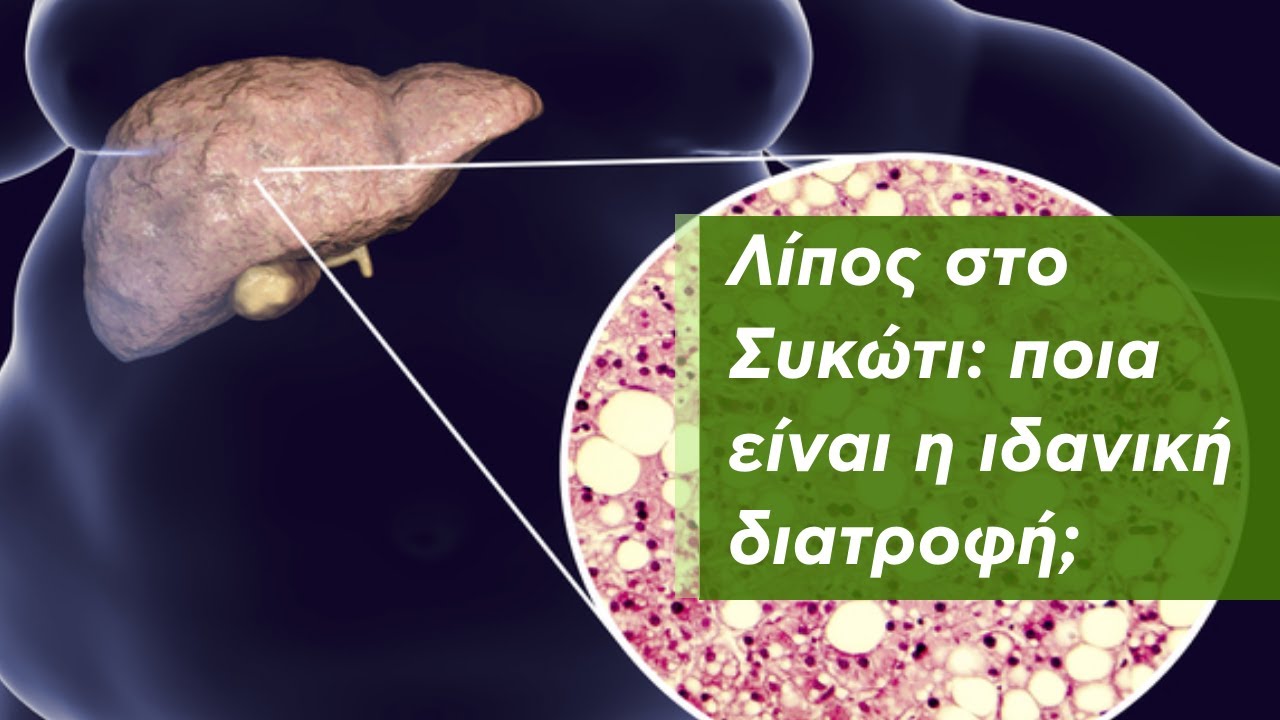
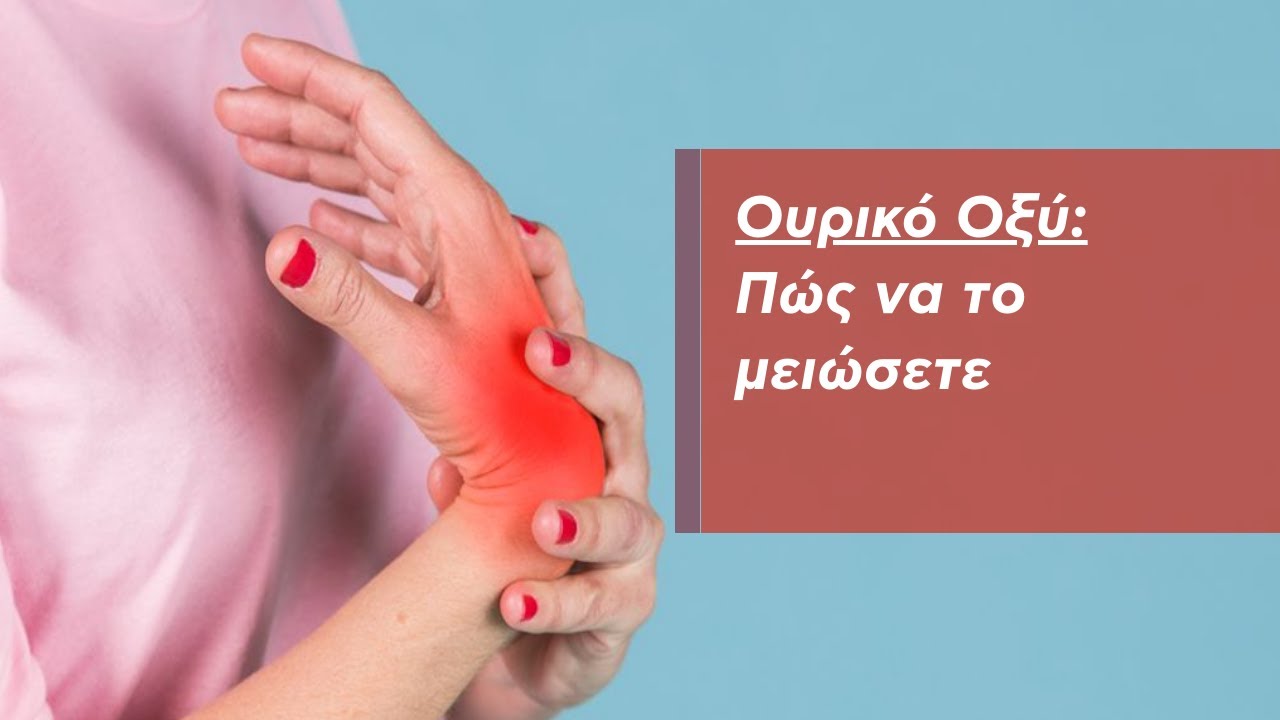
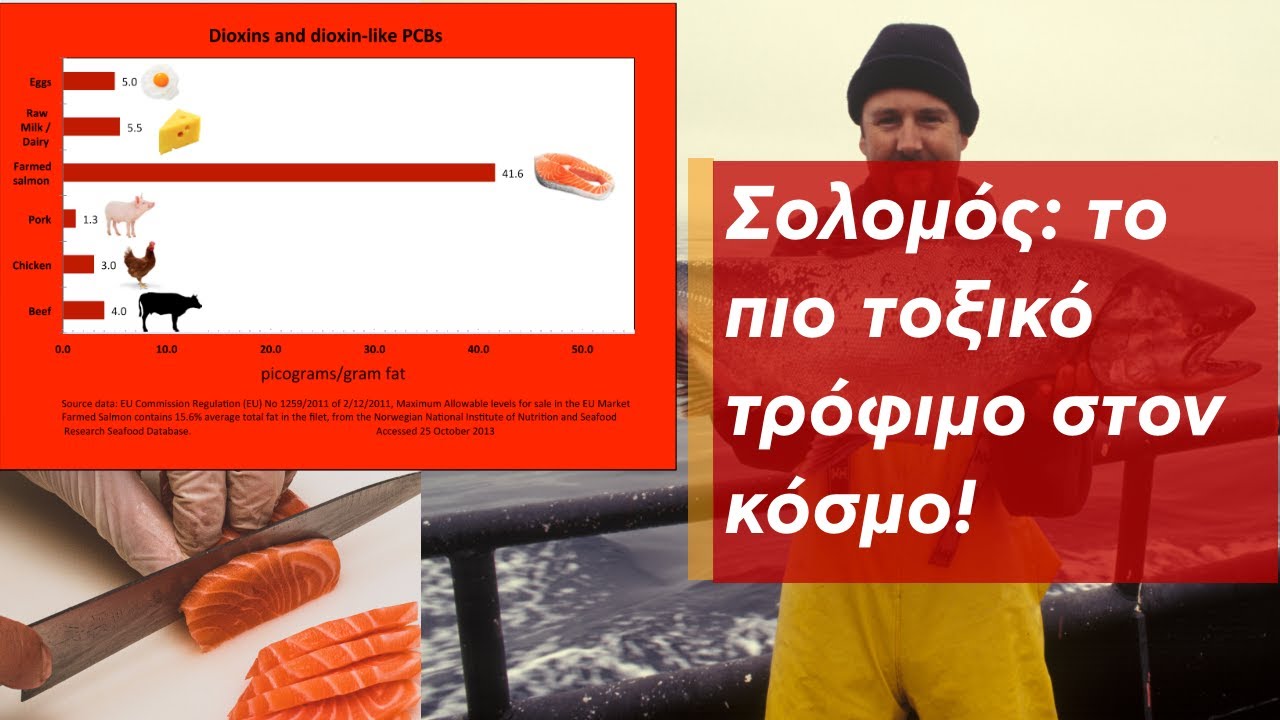
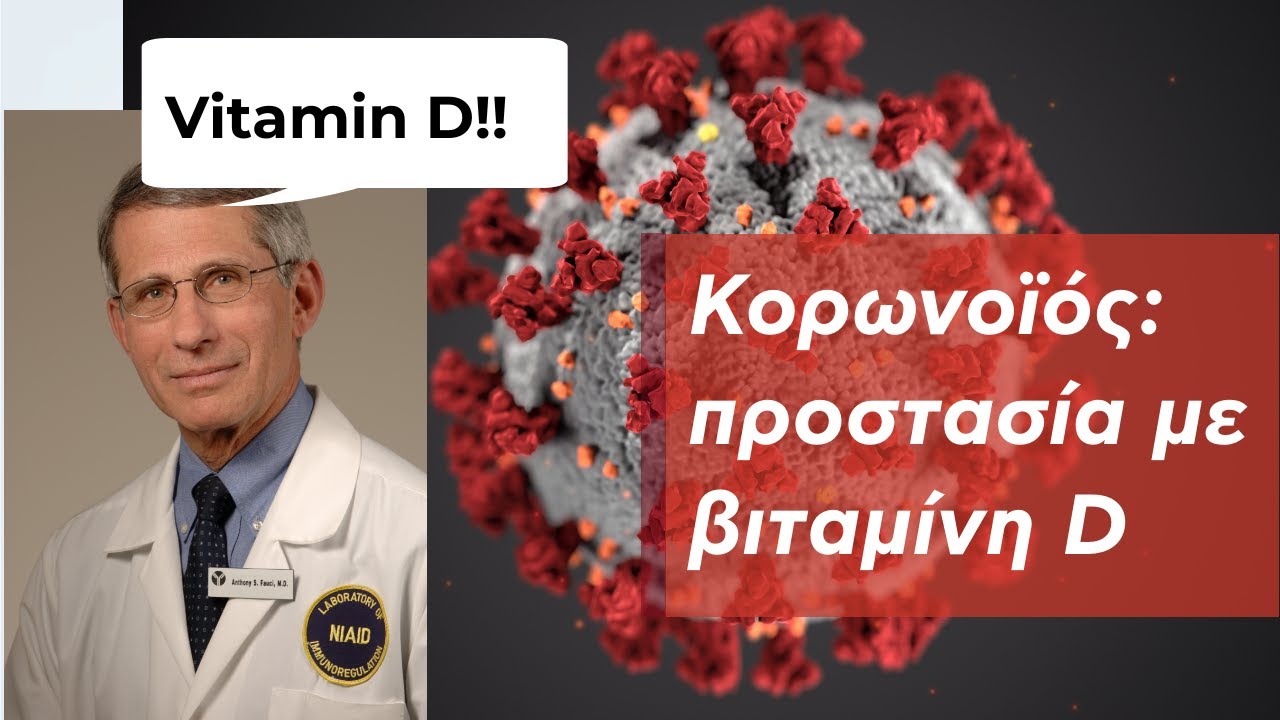

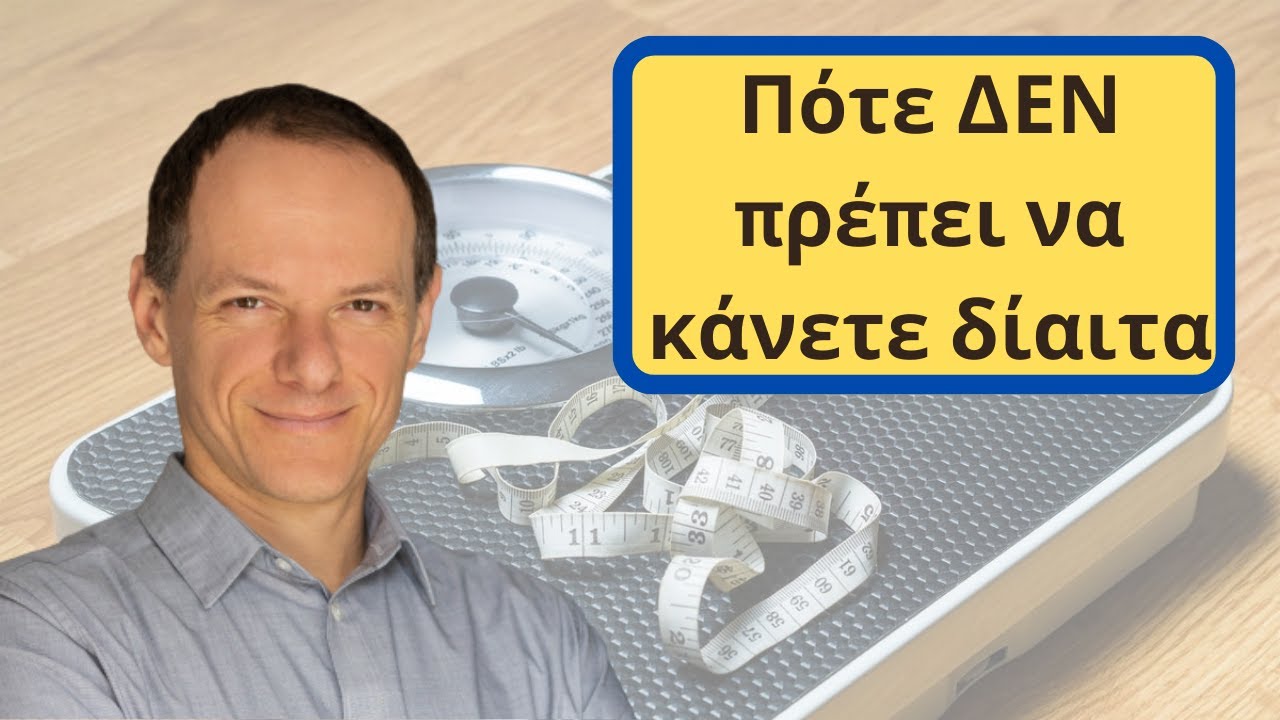


0 Σχόλια